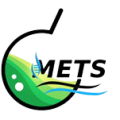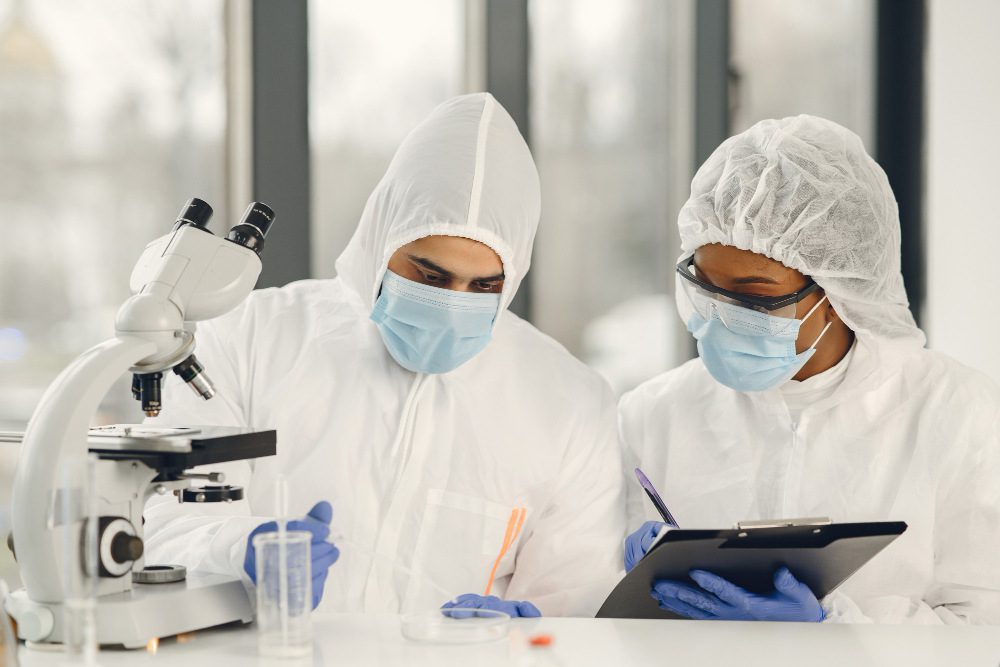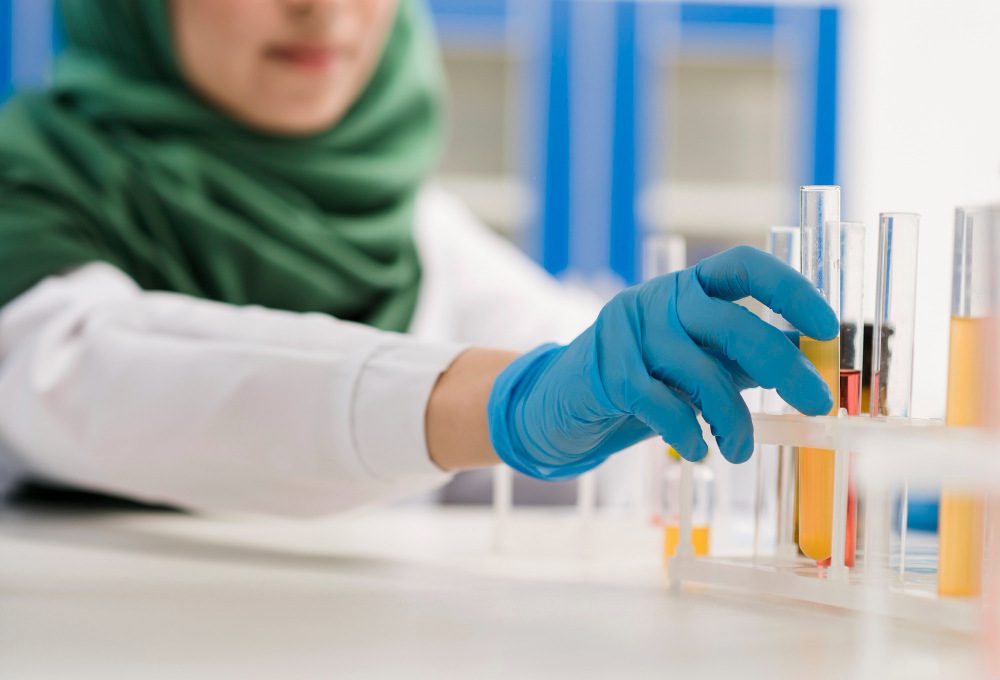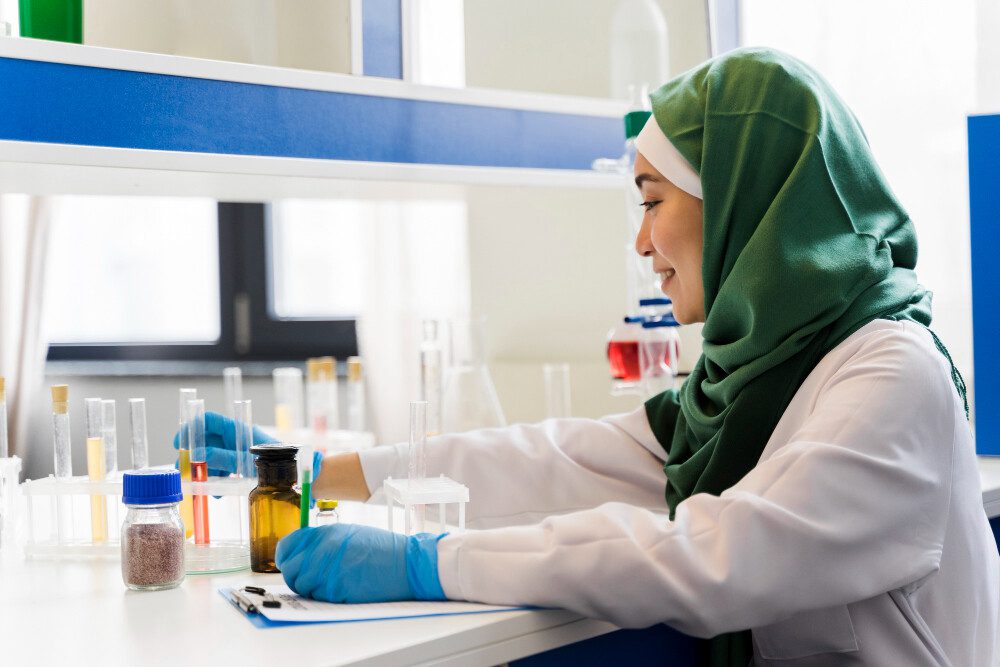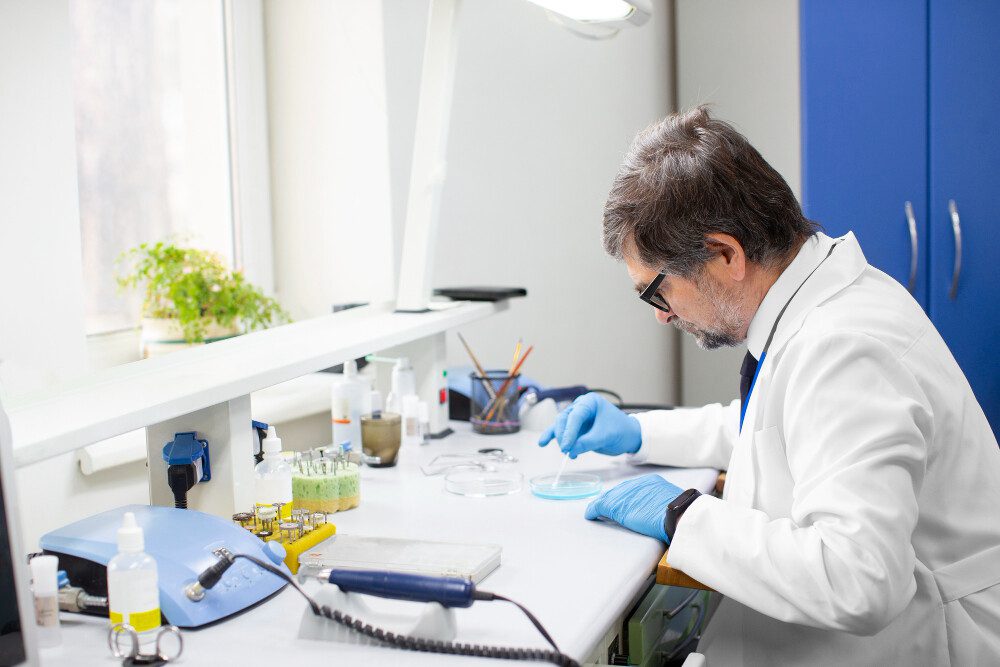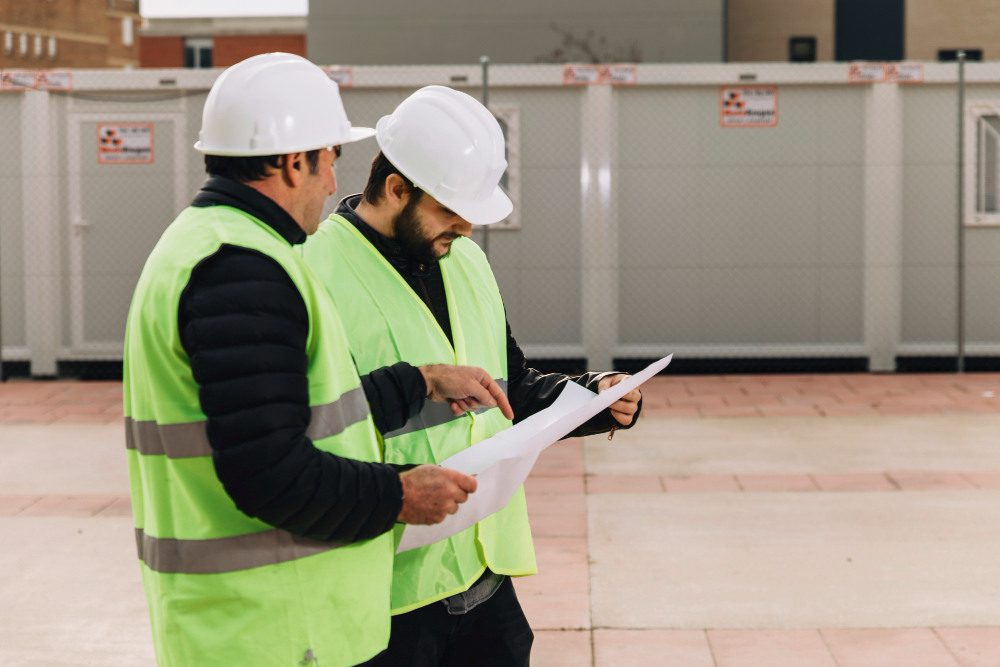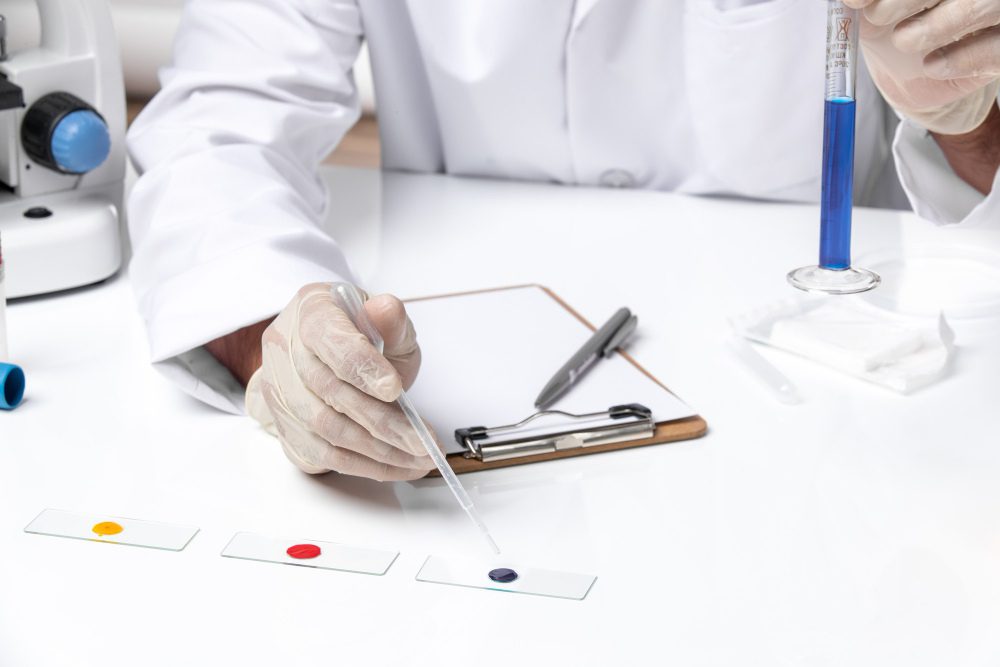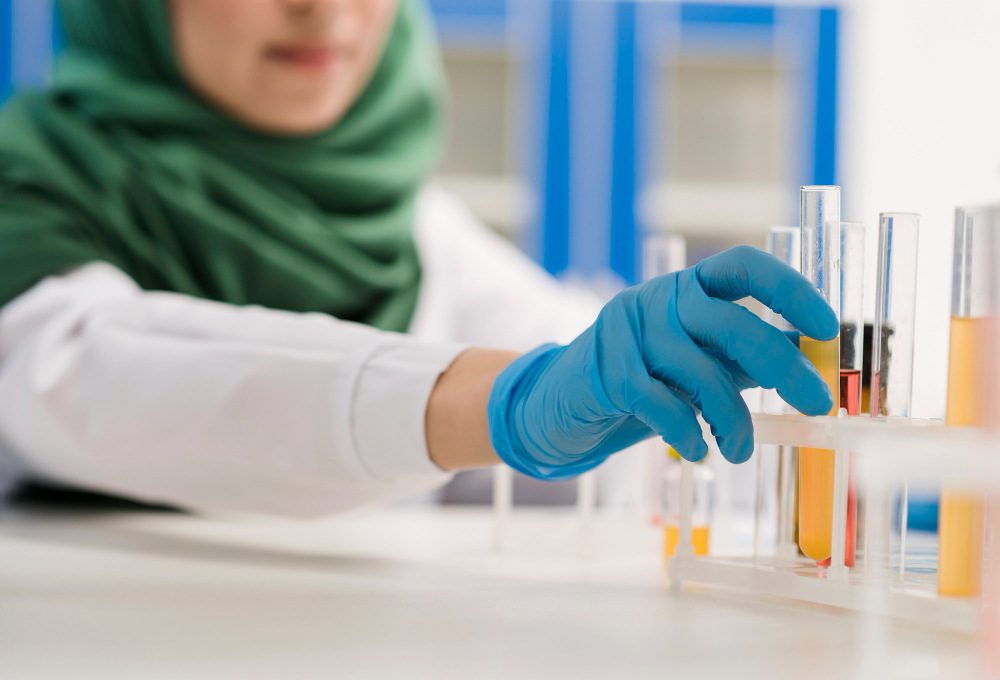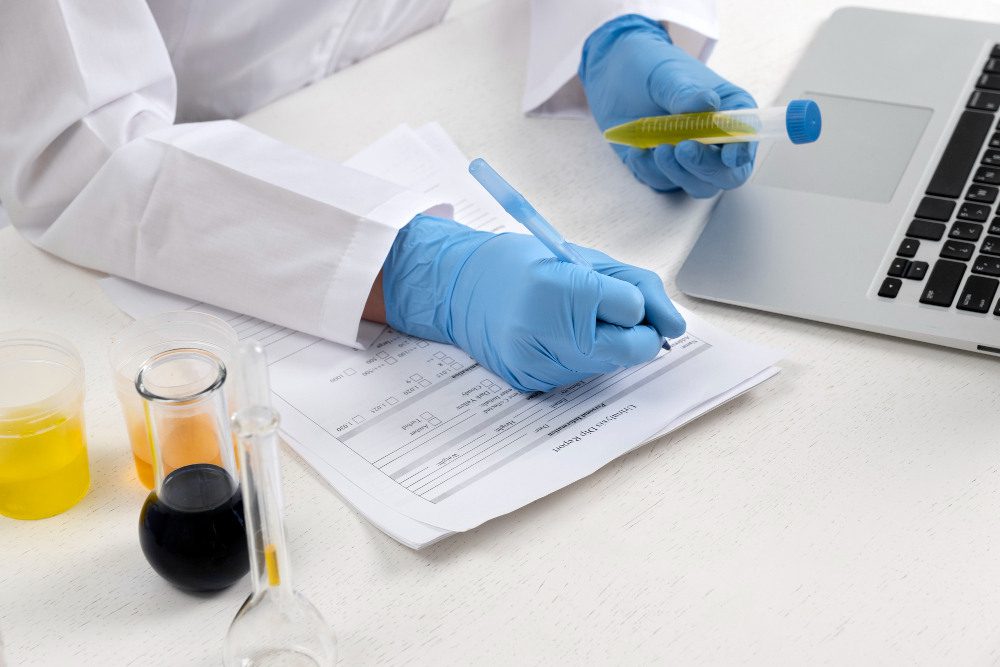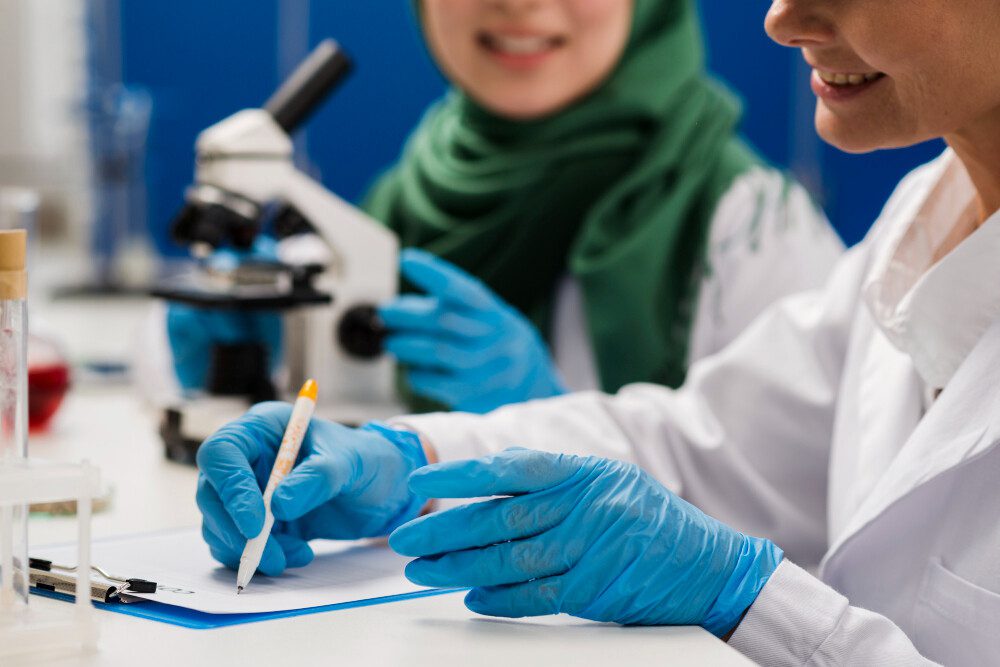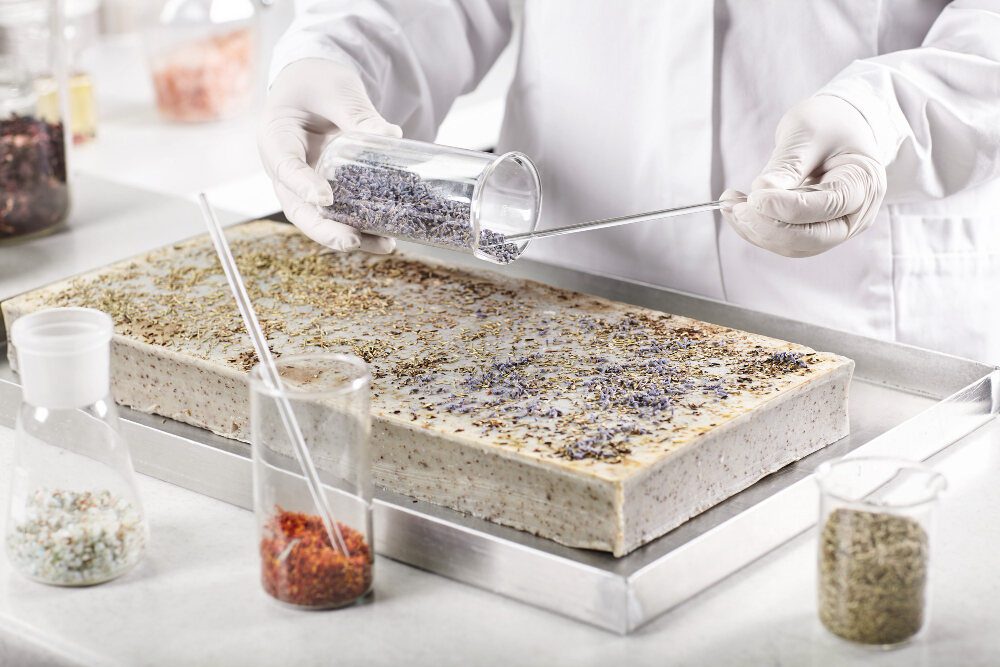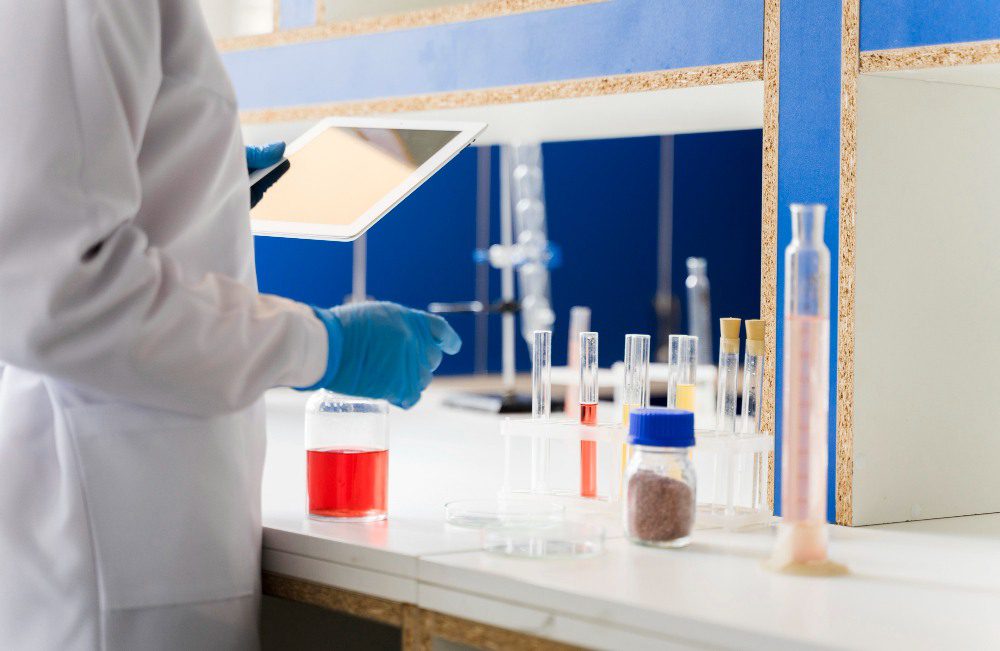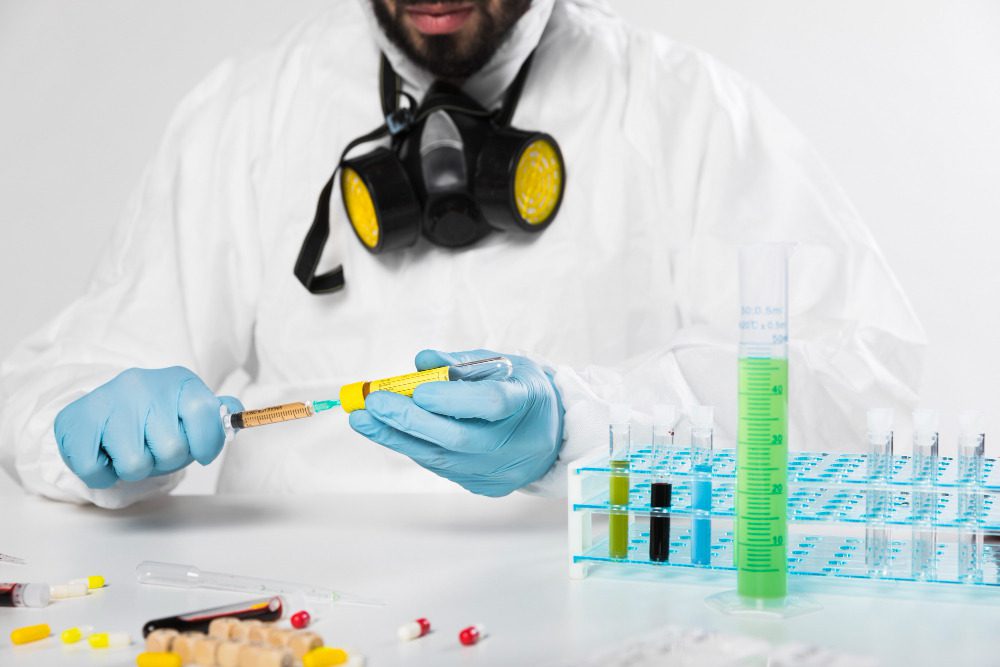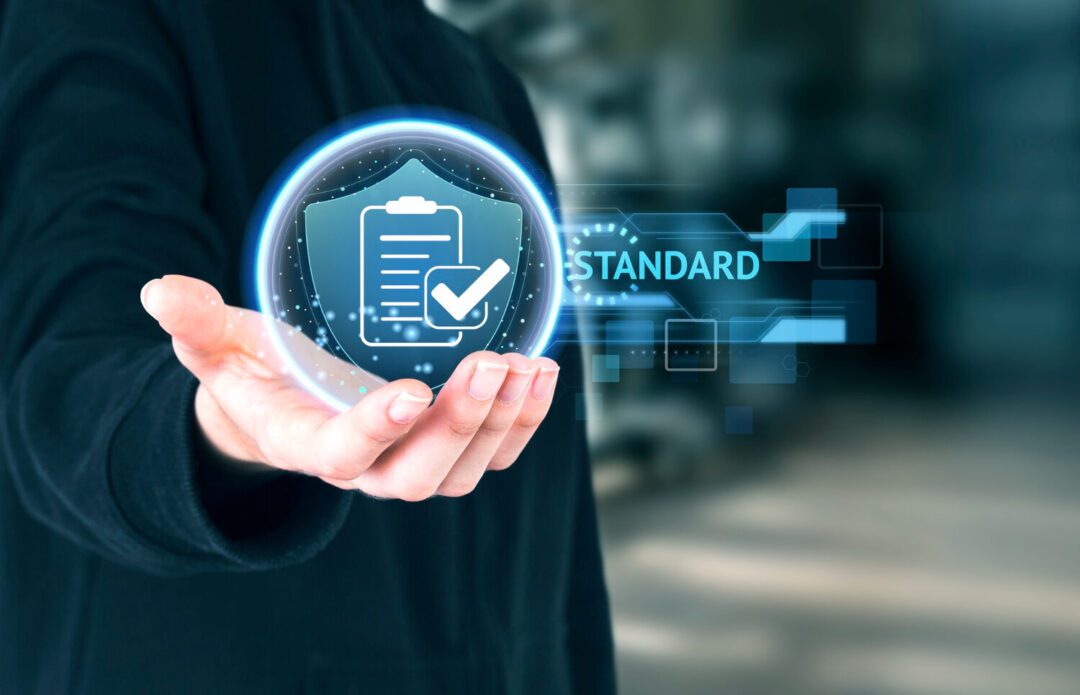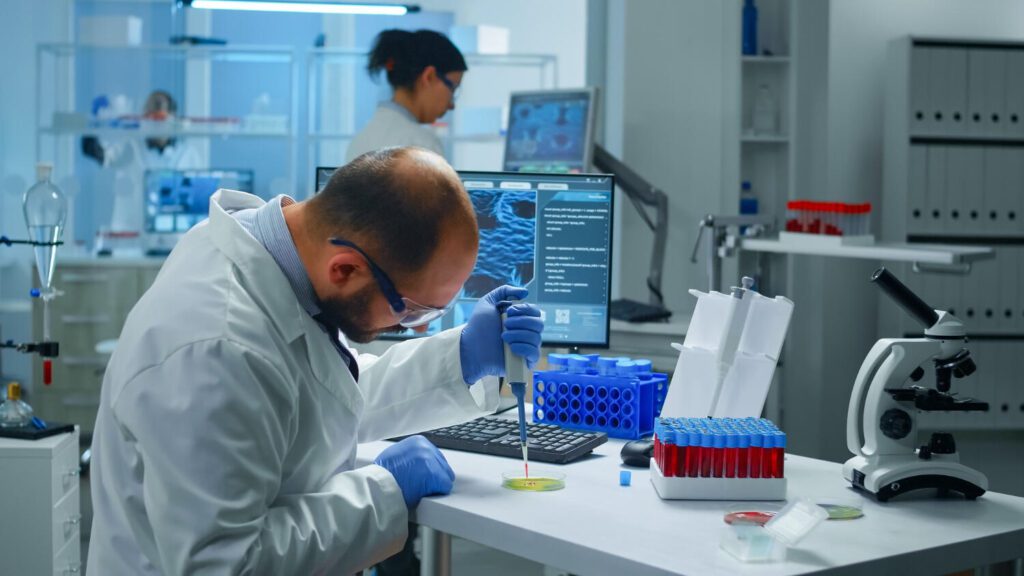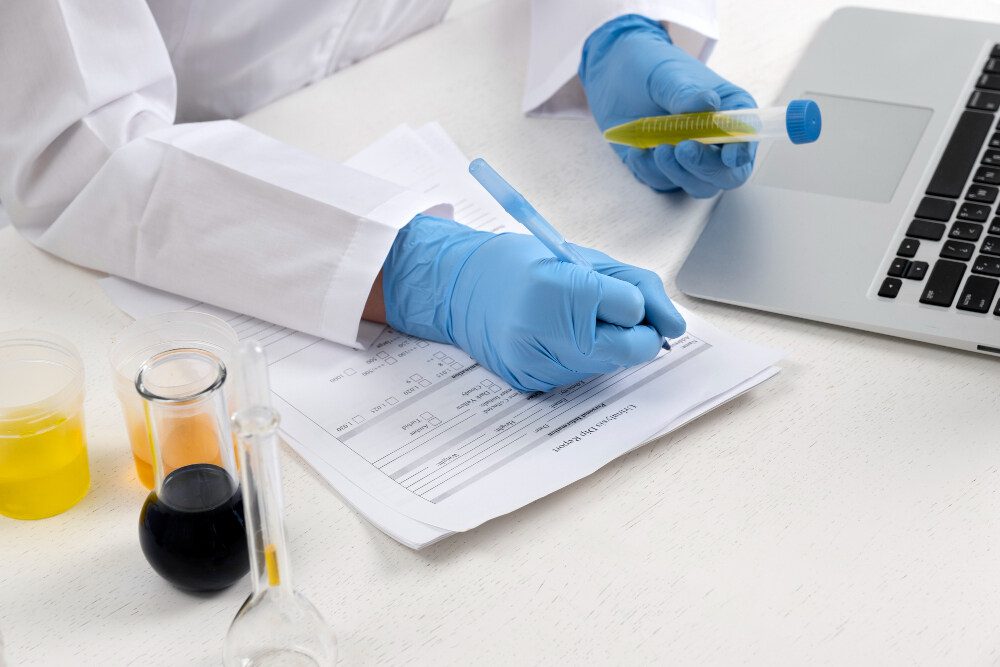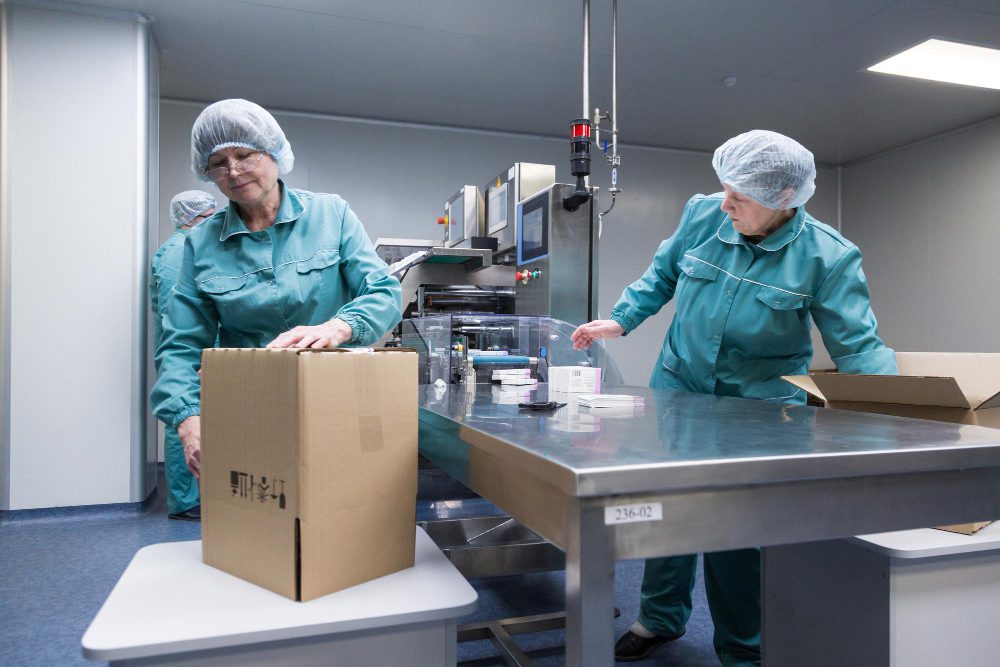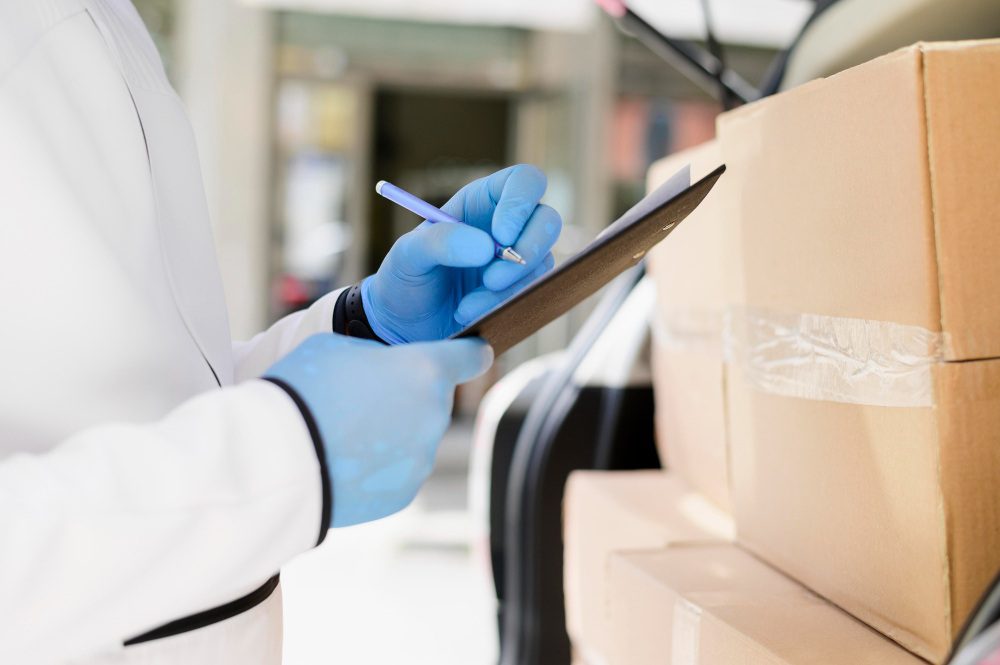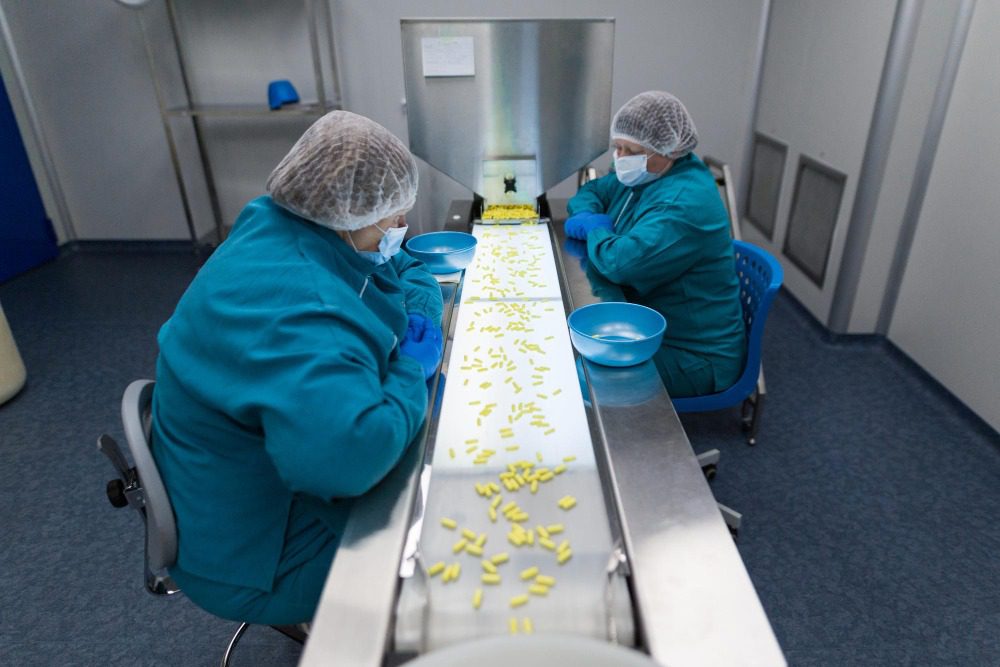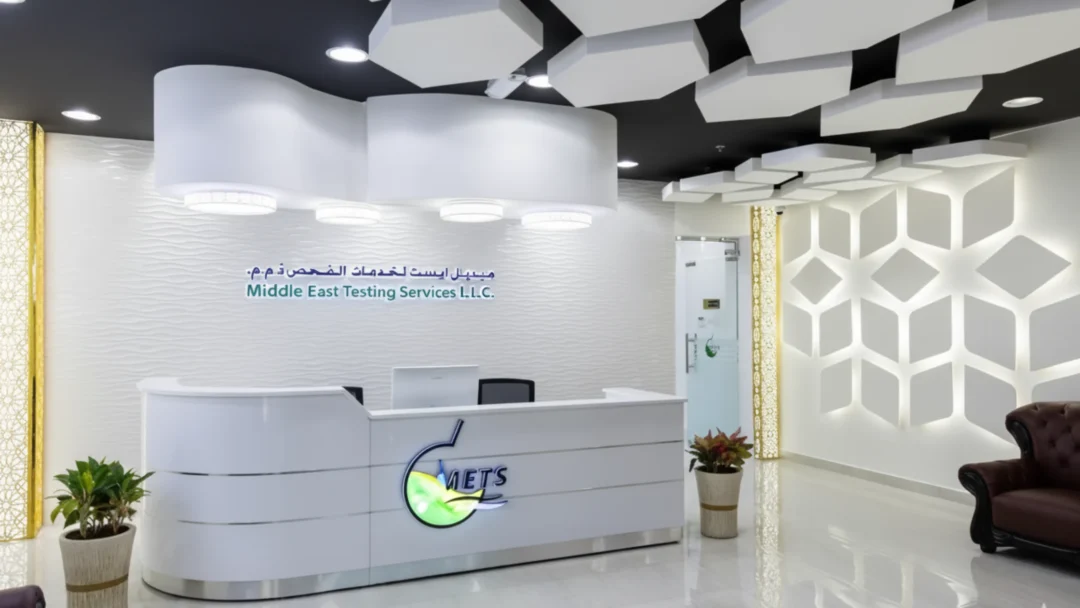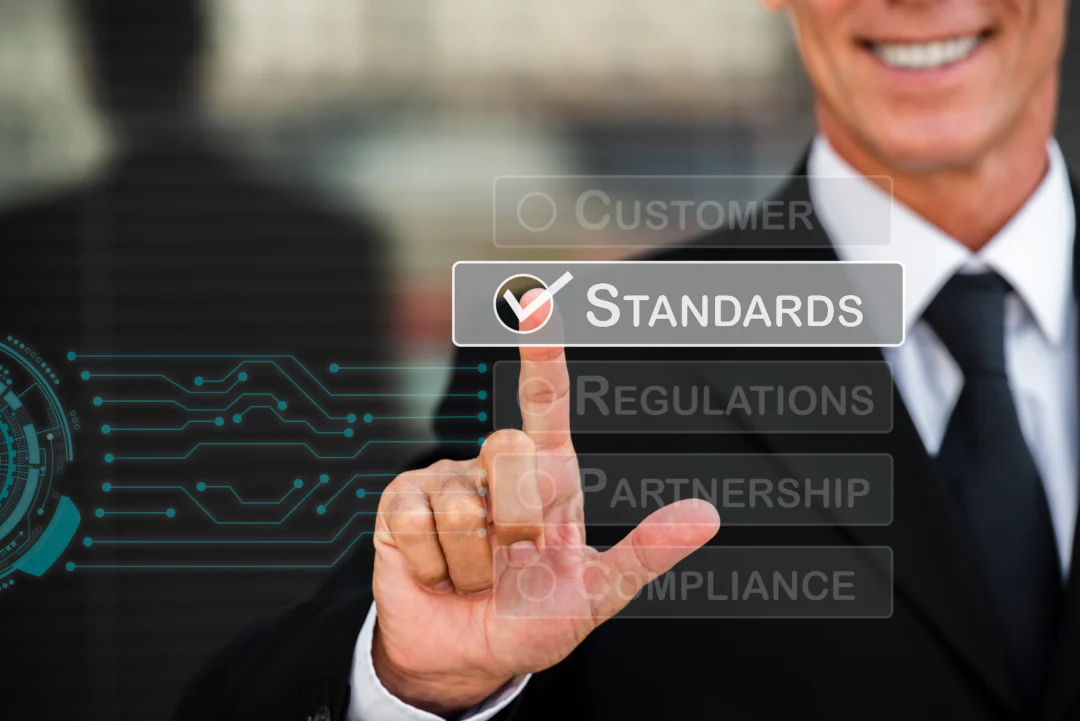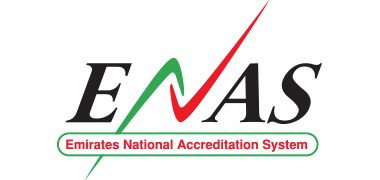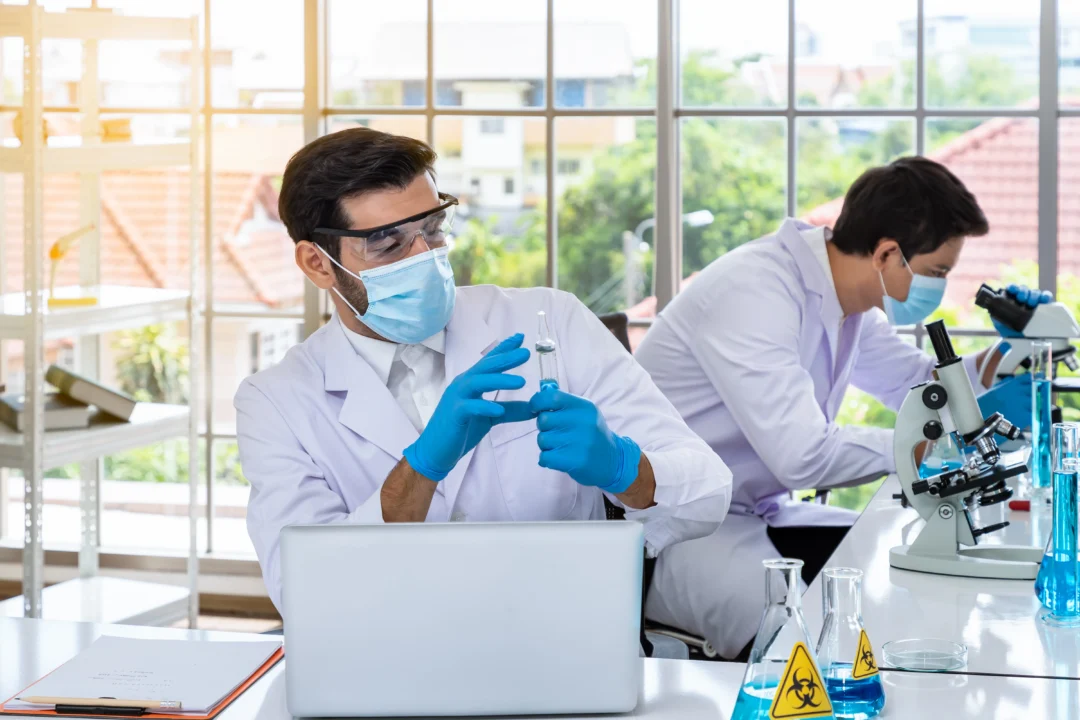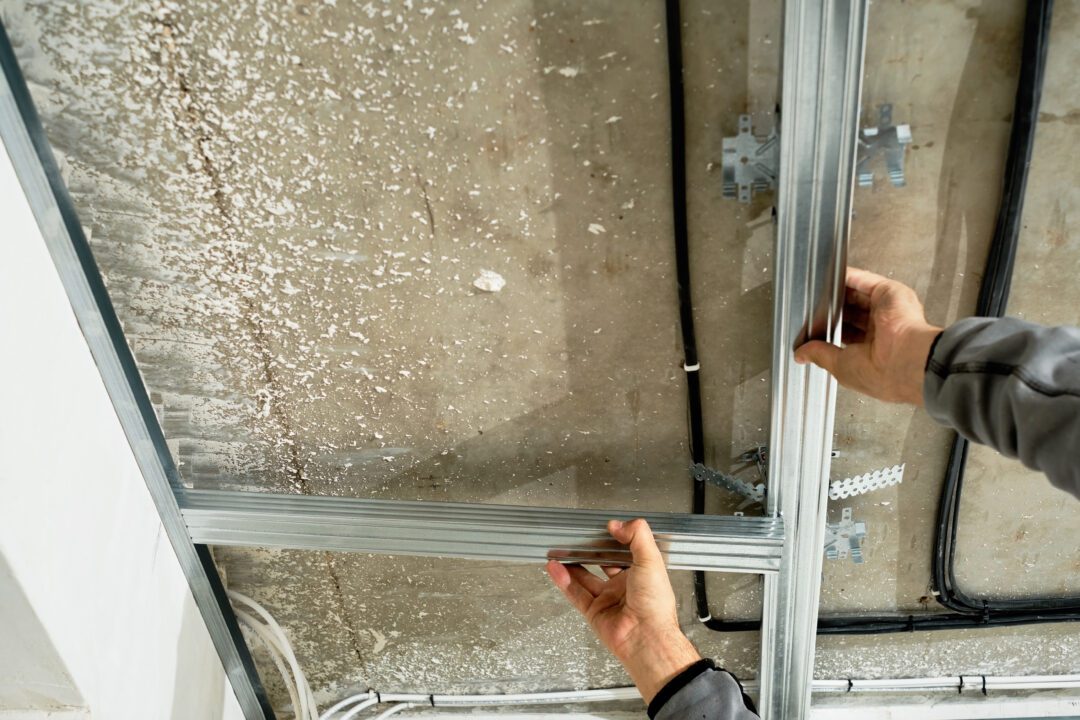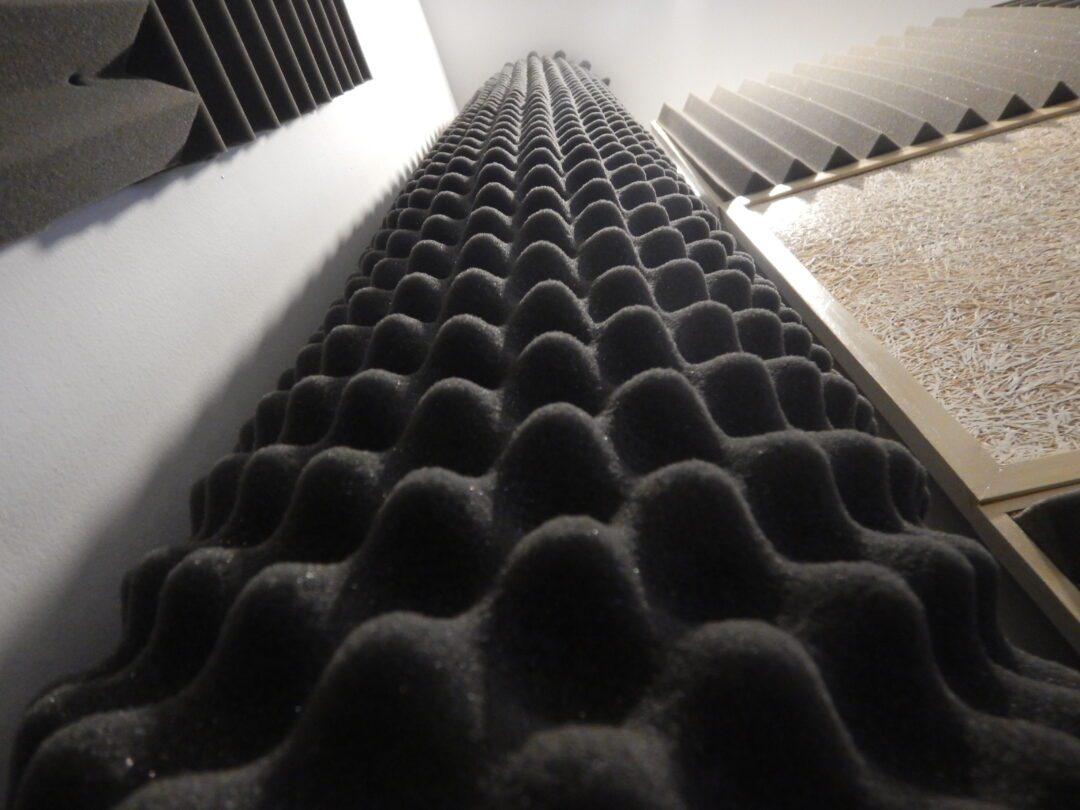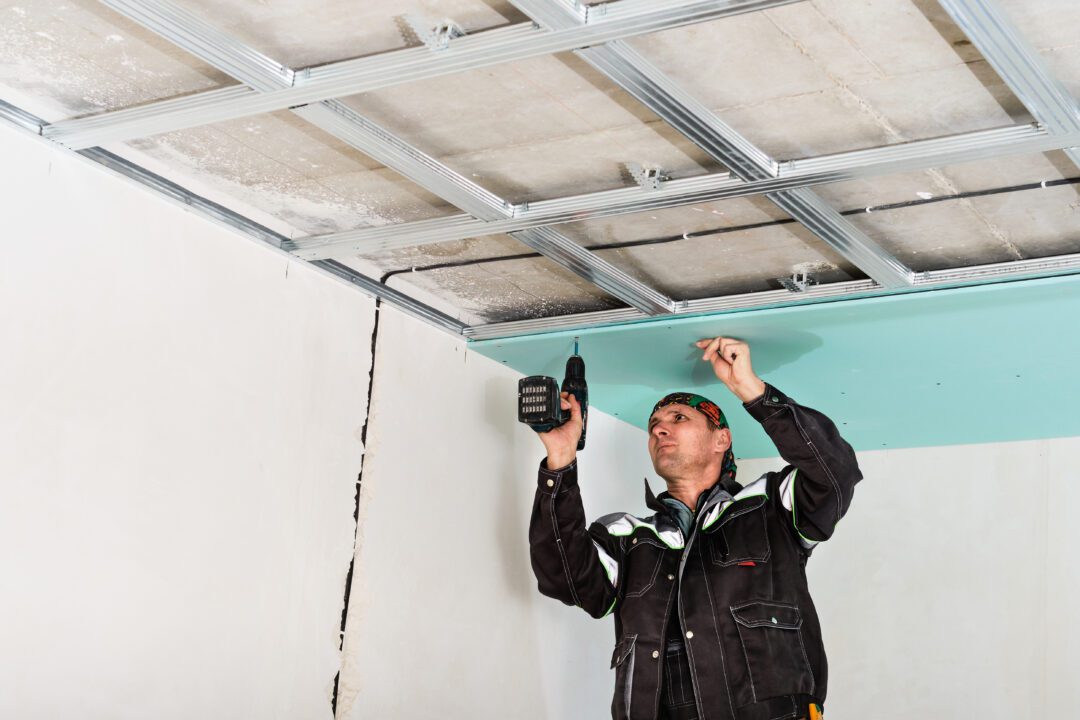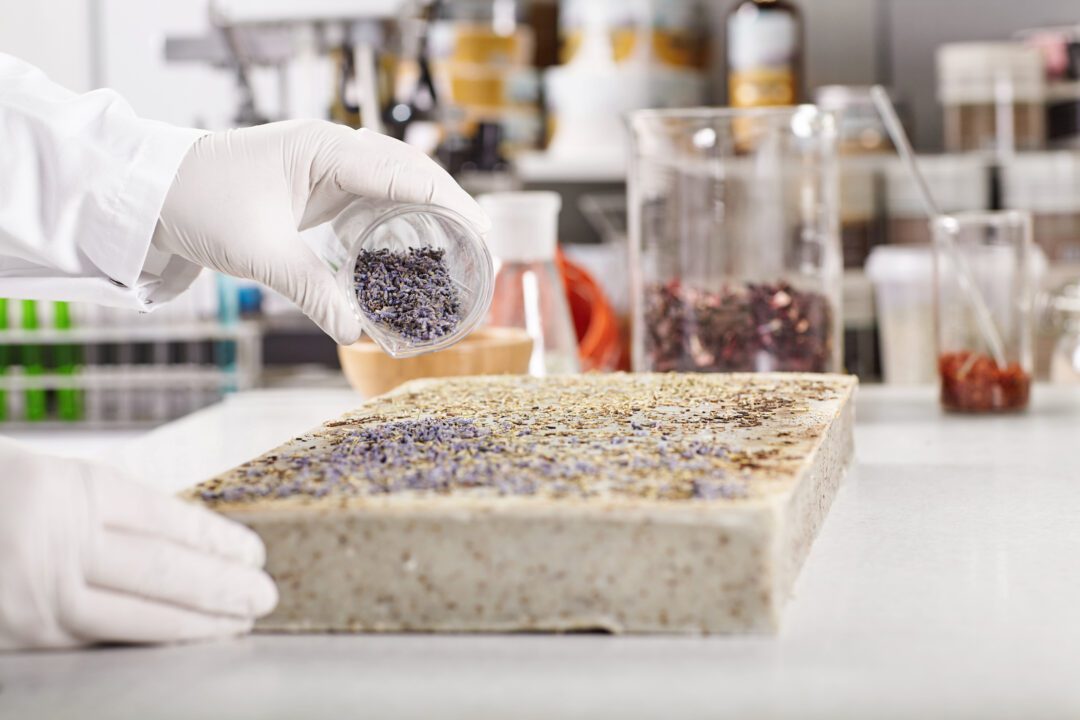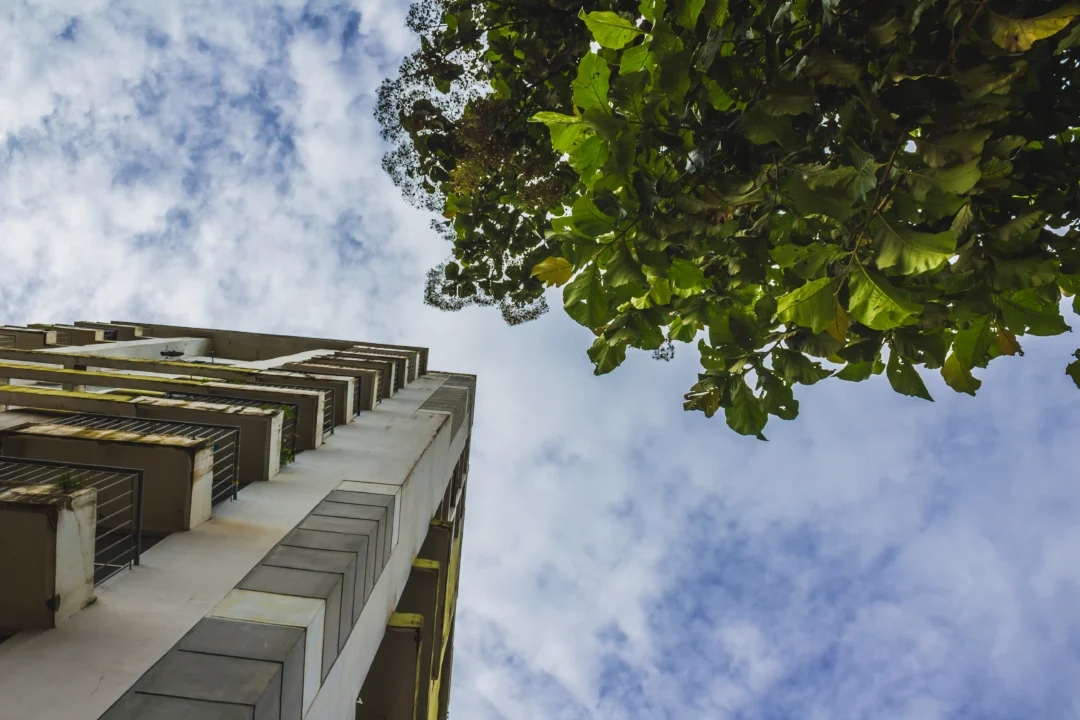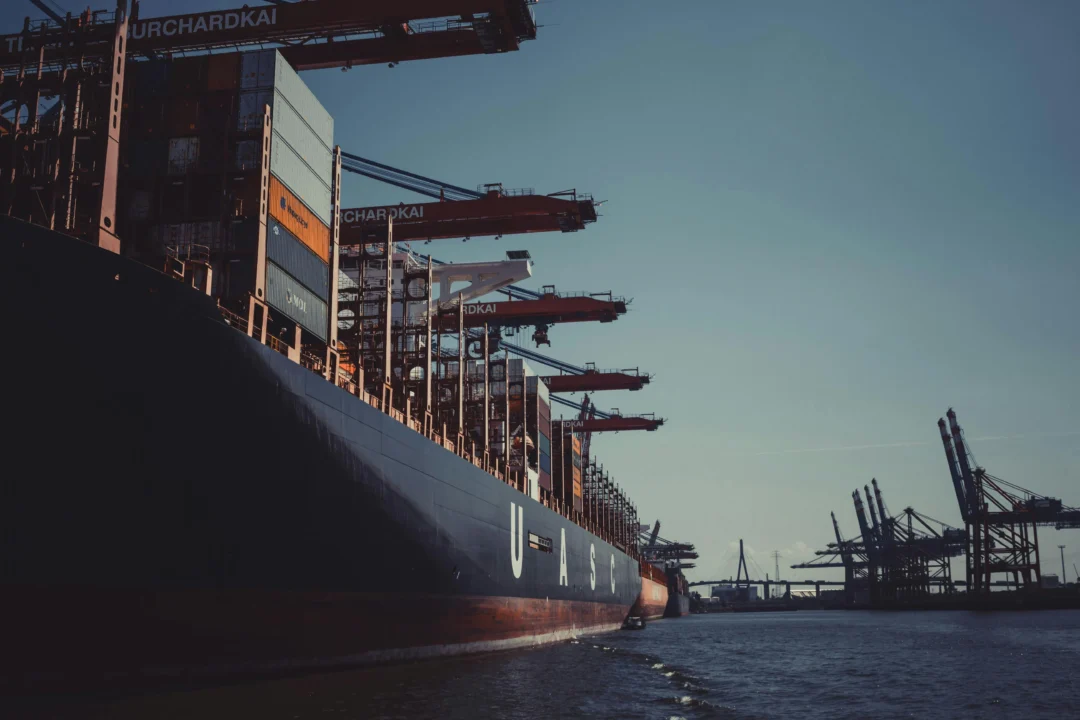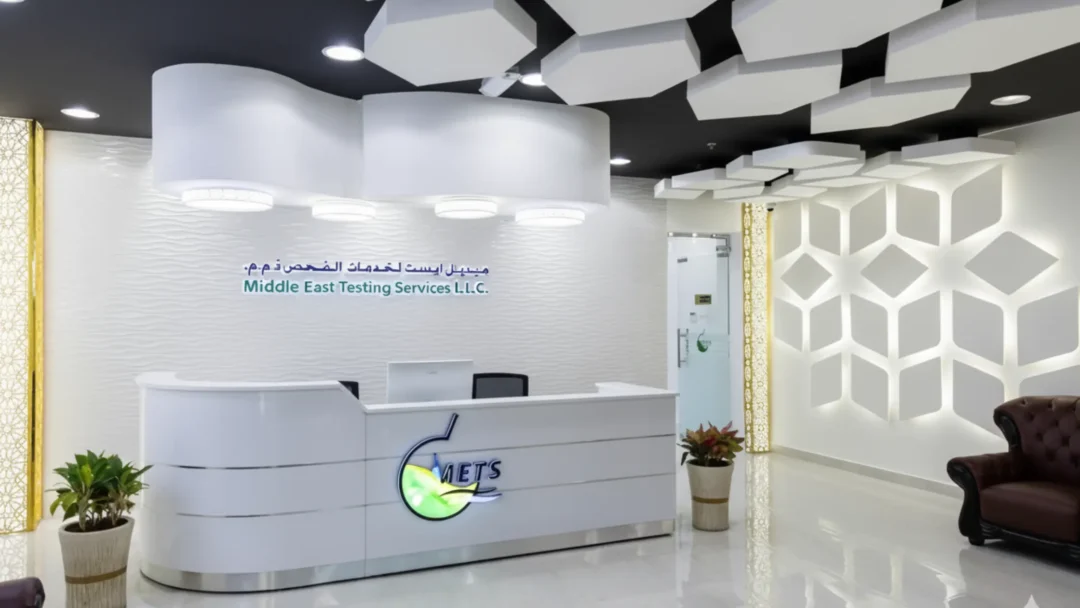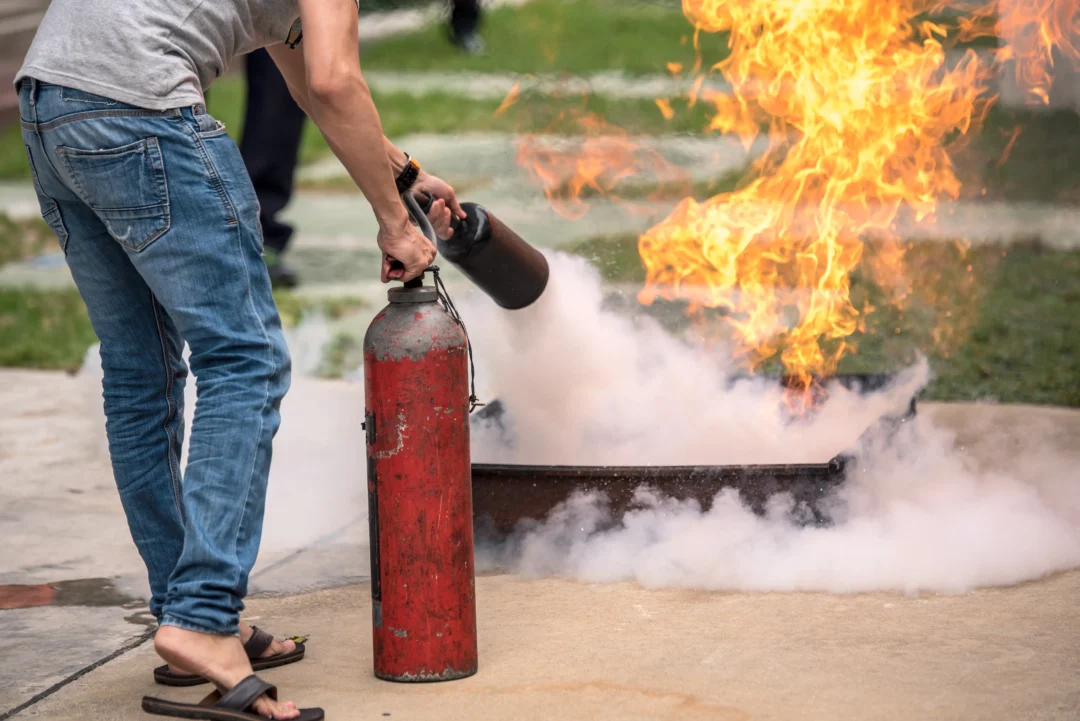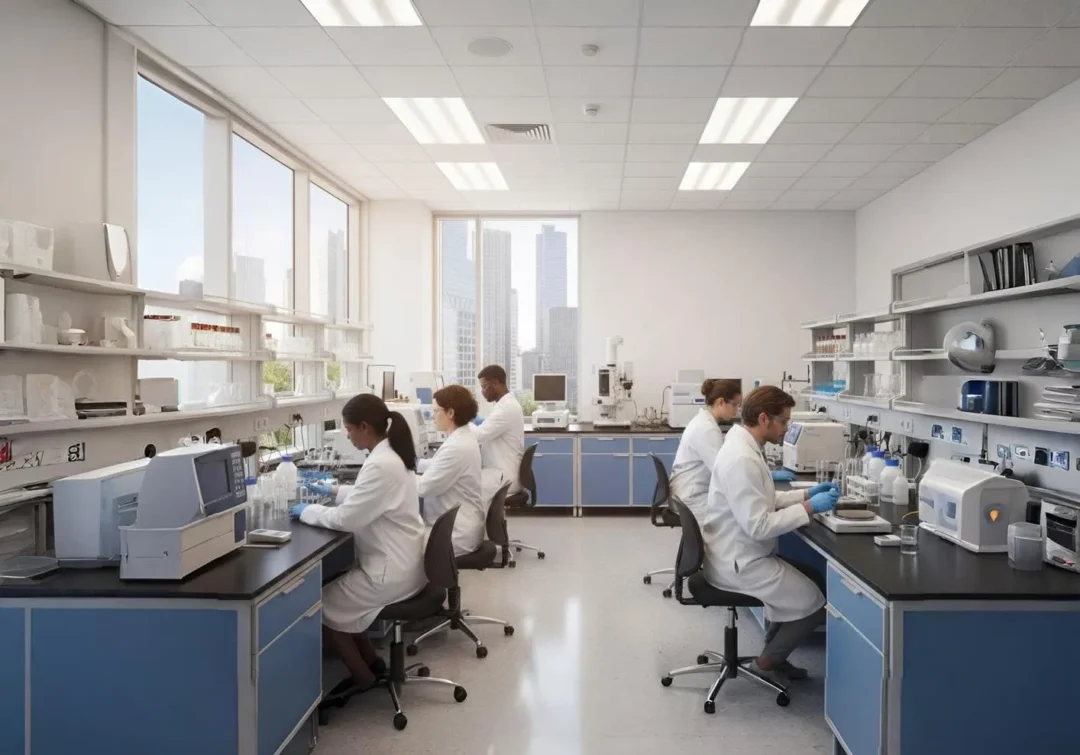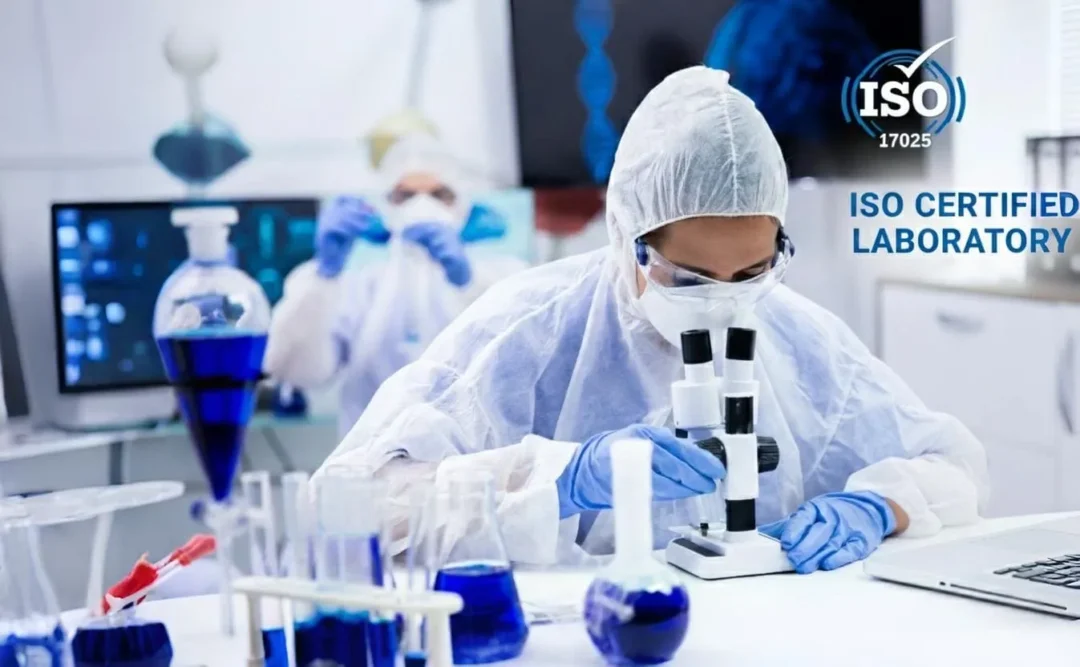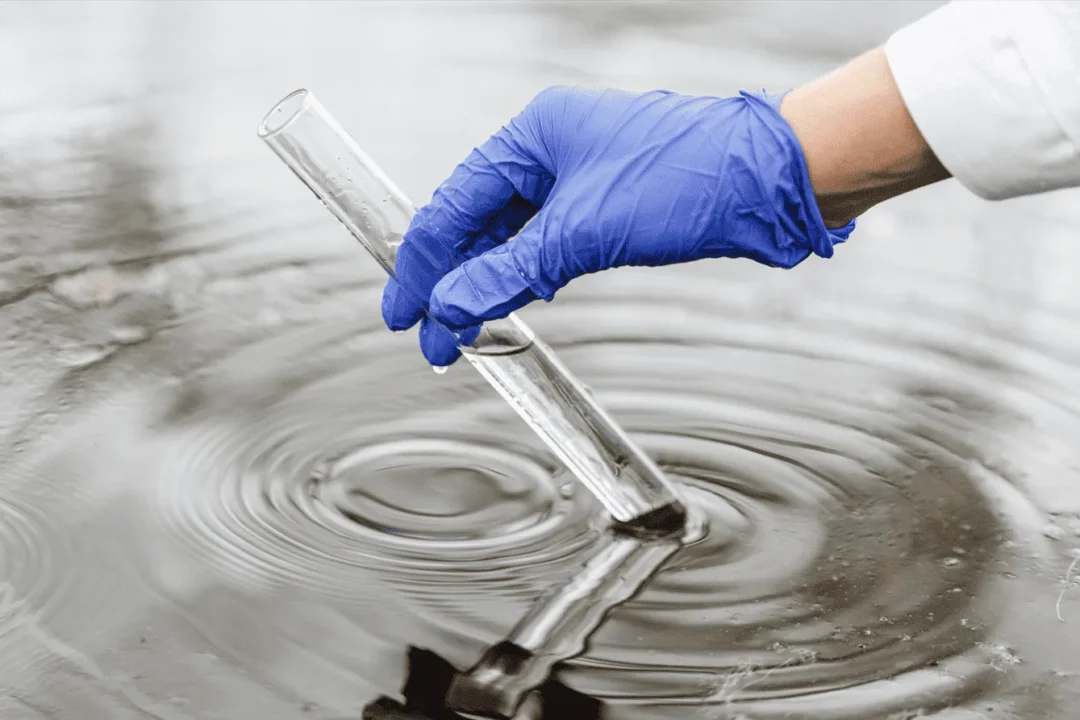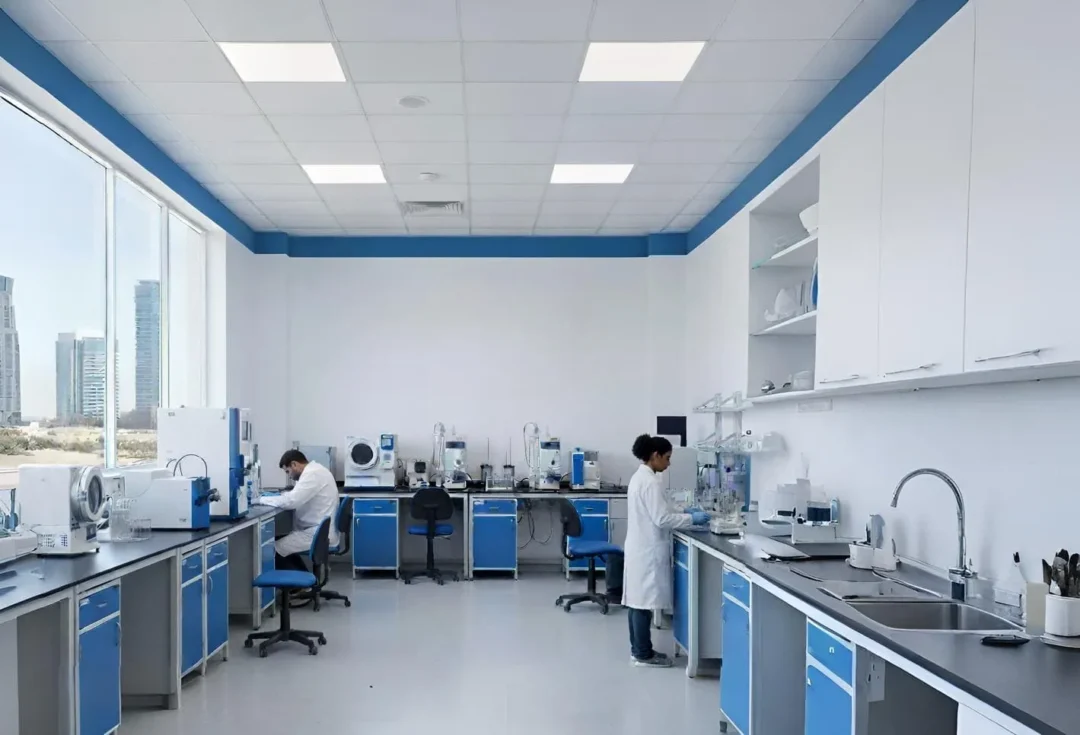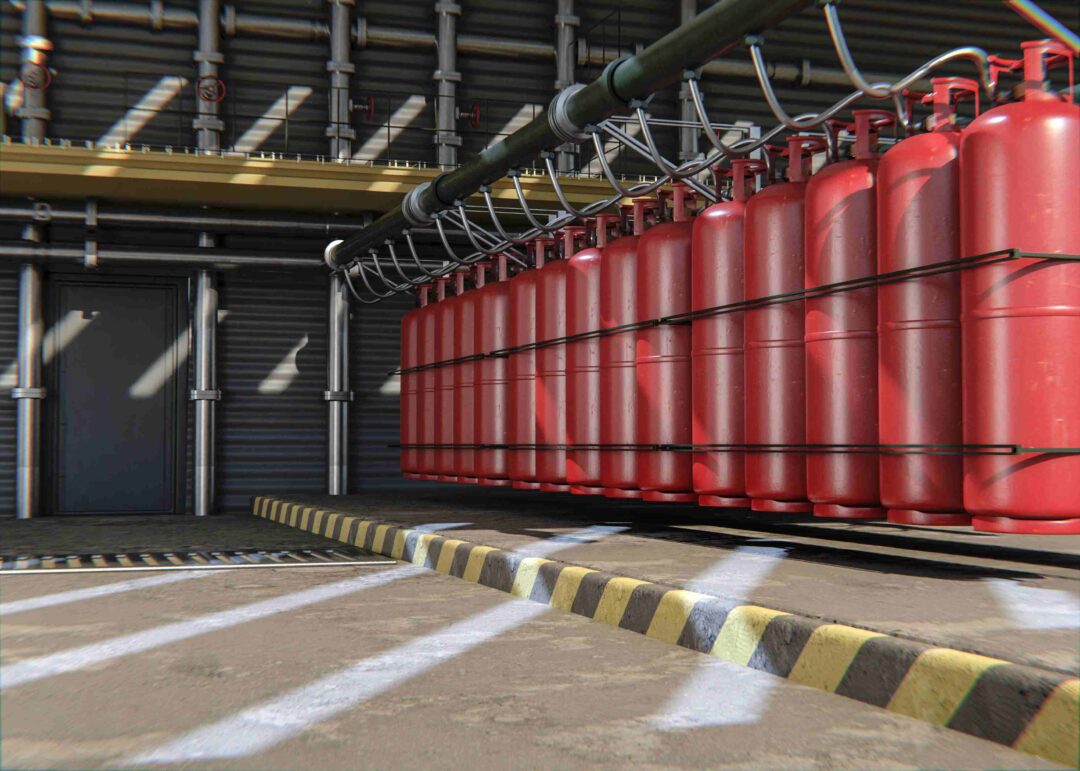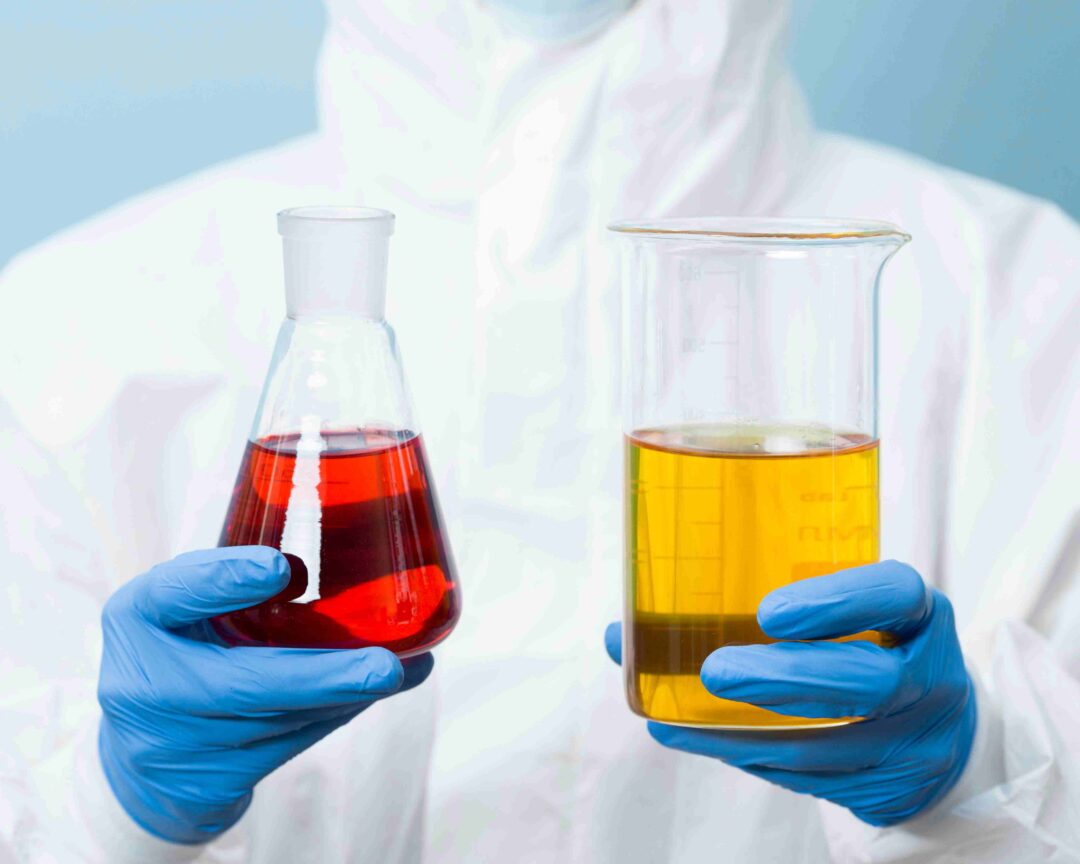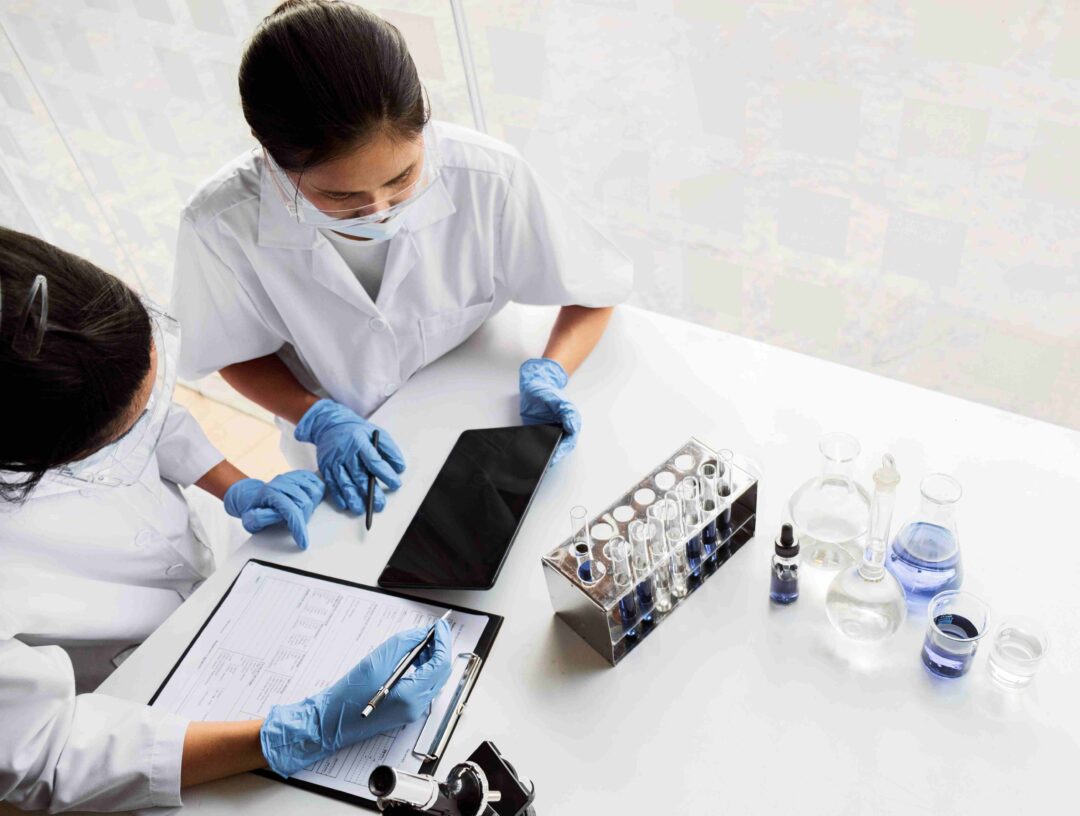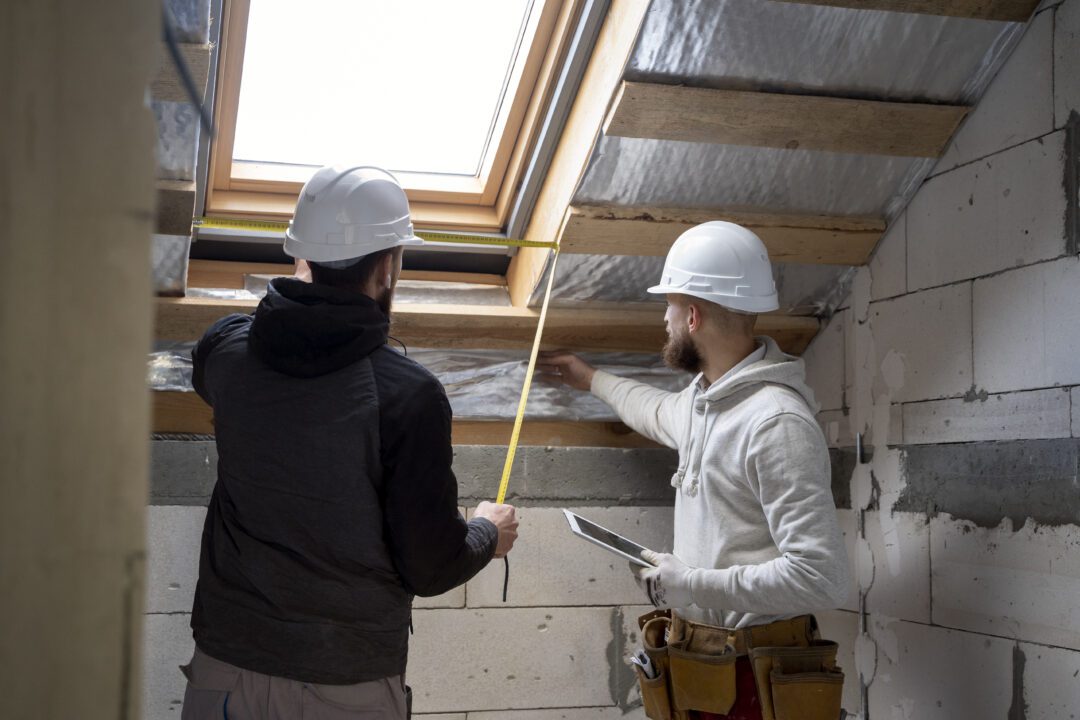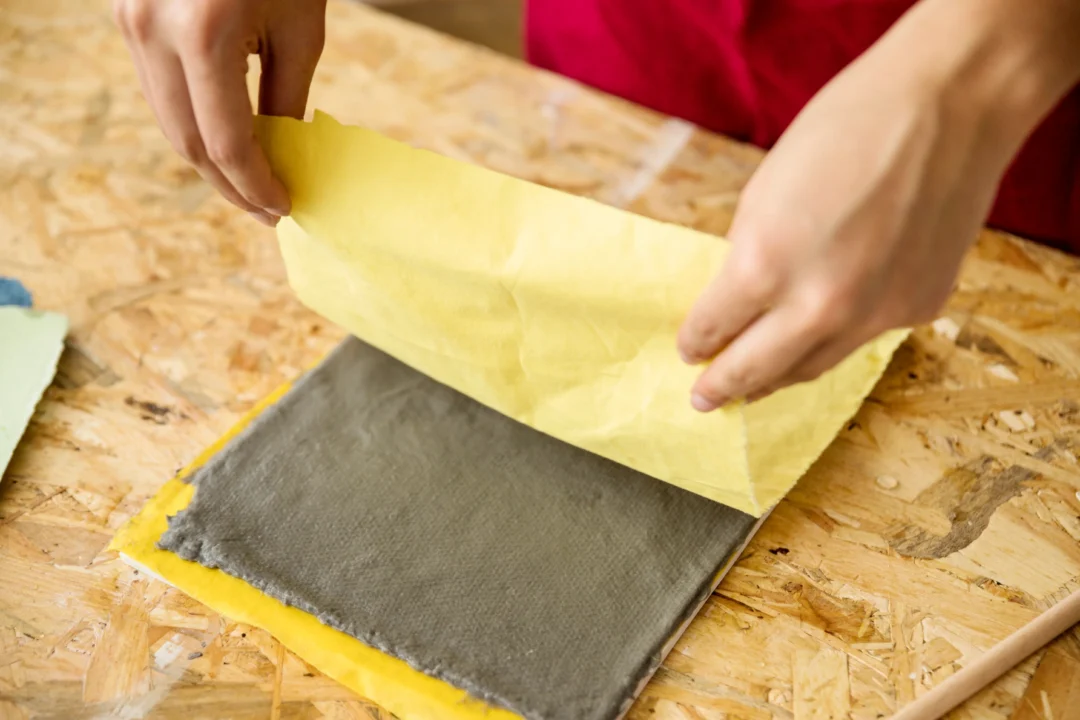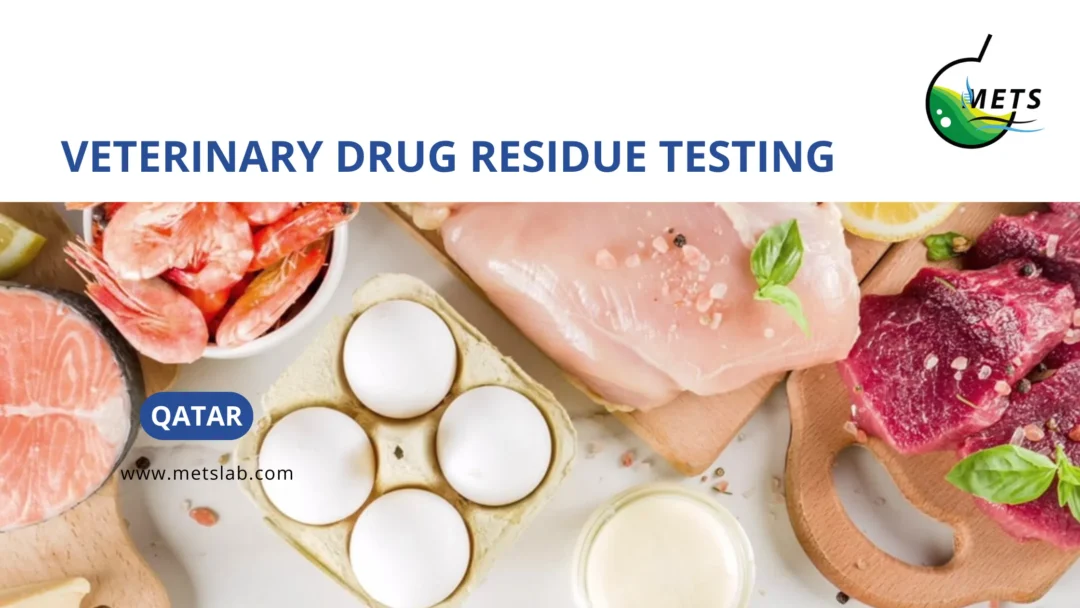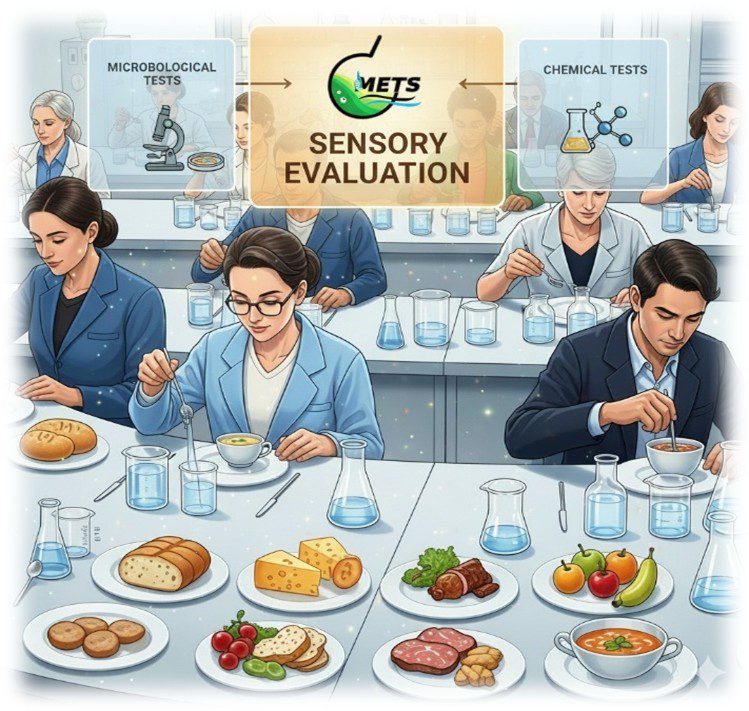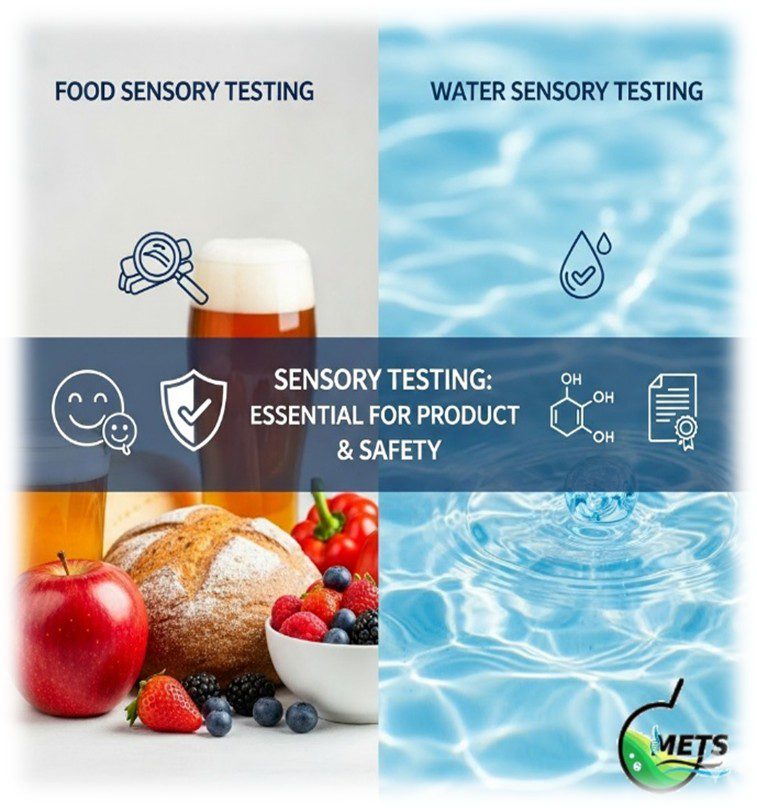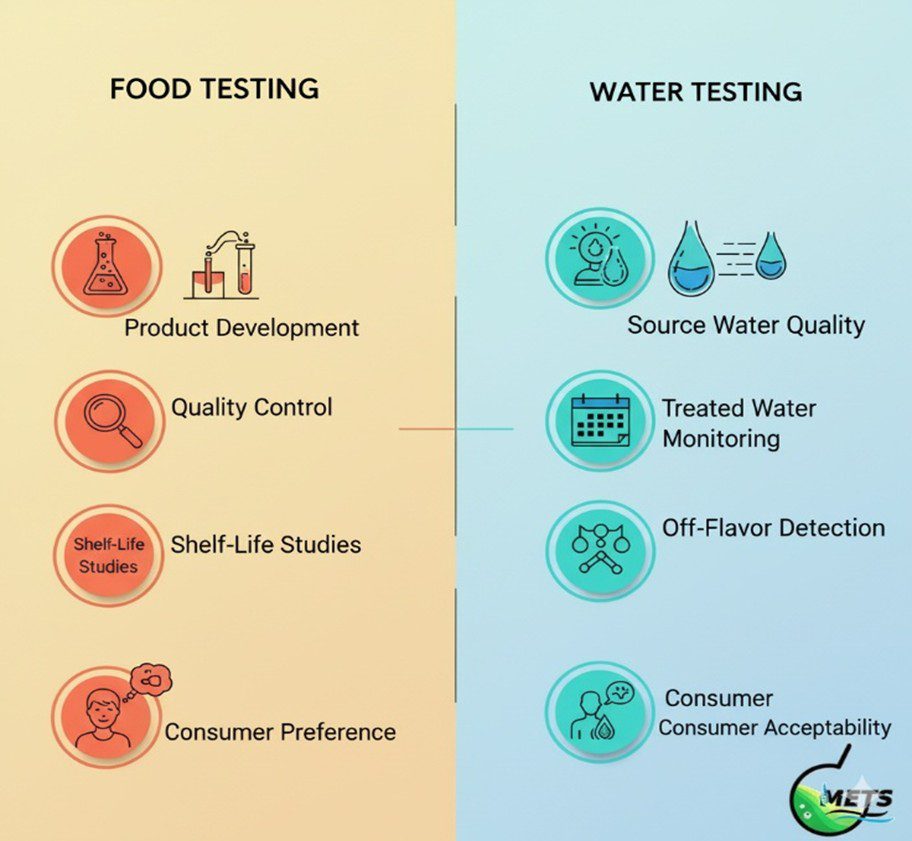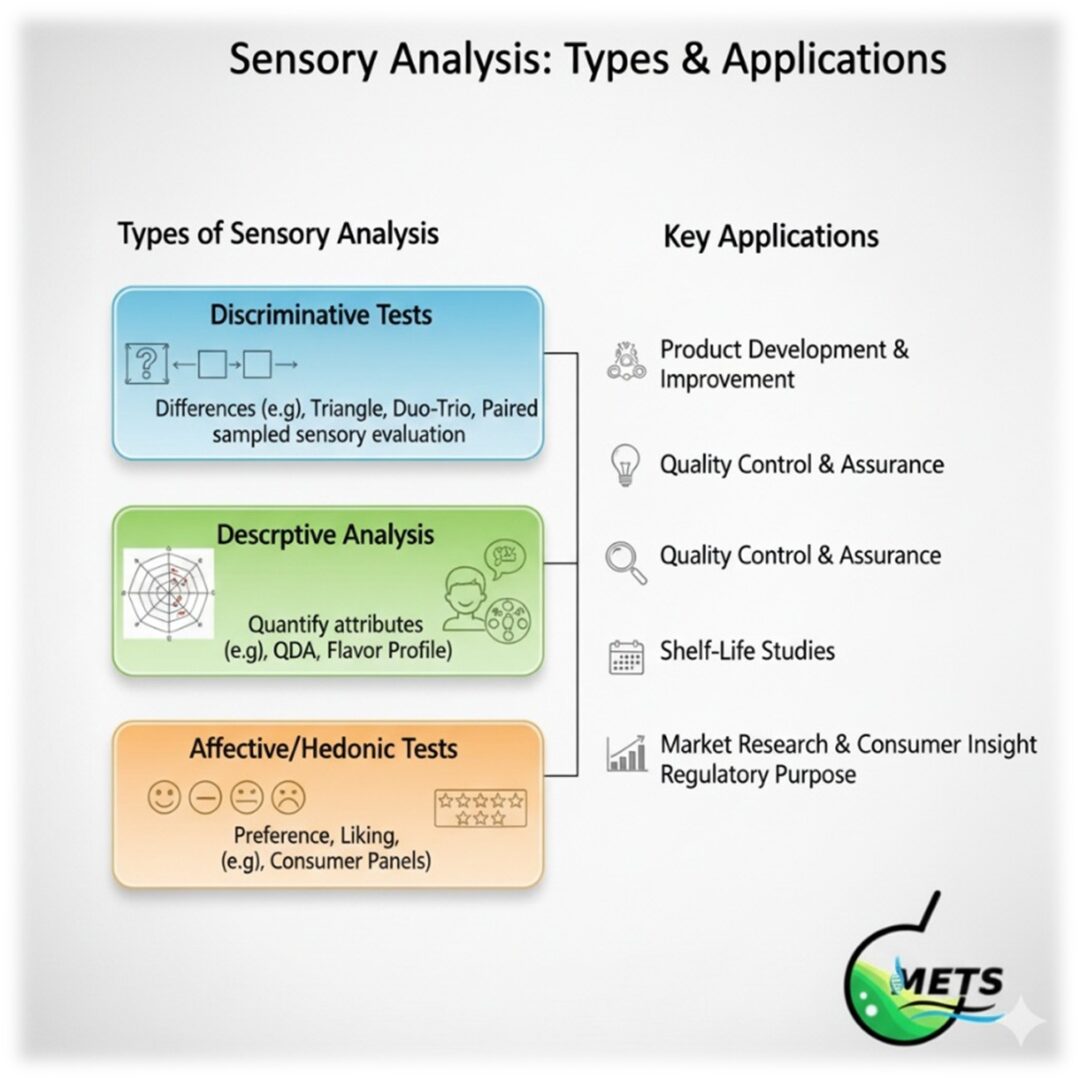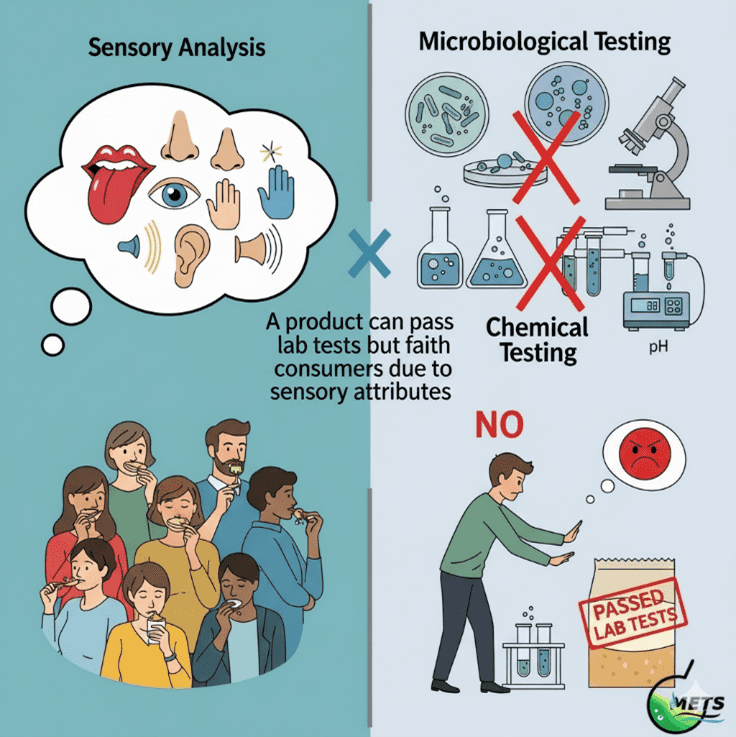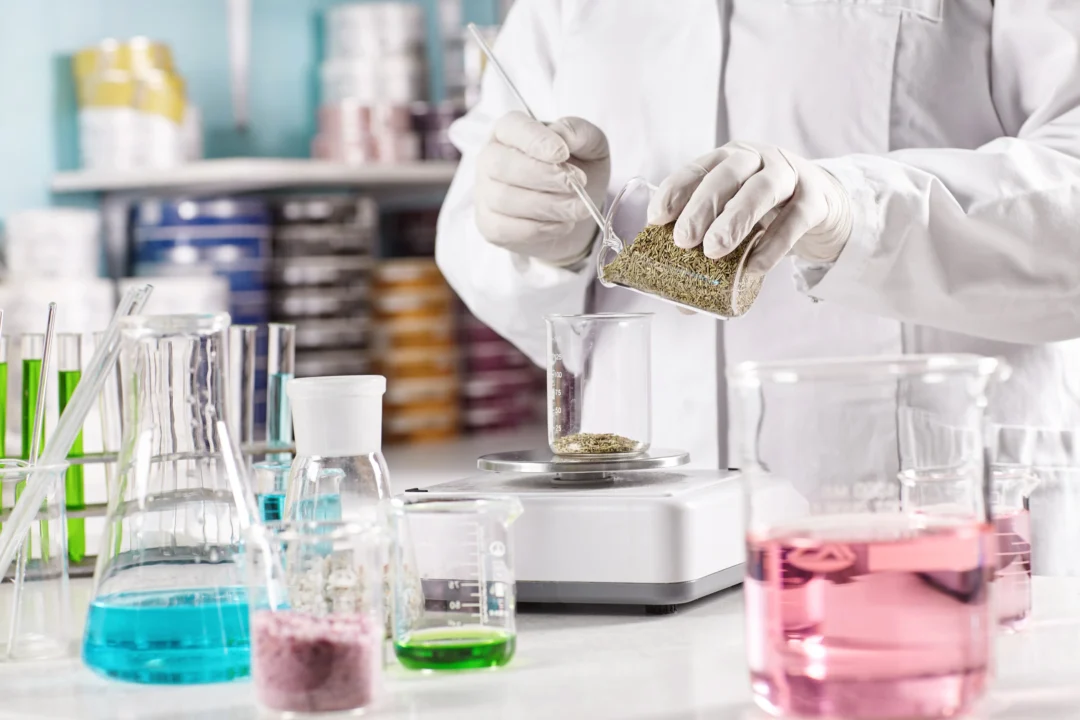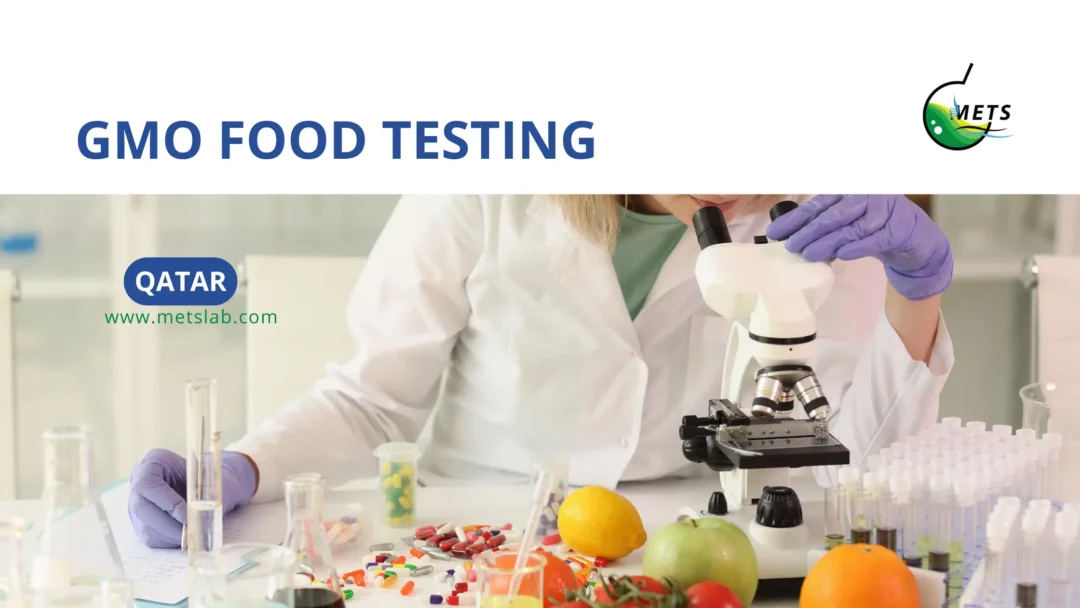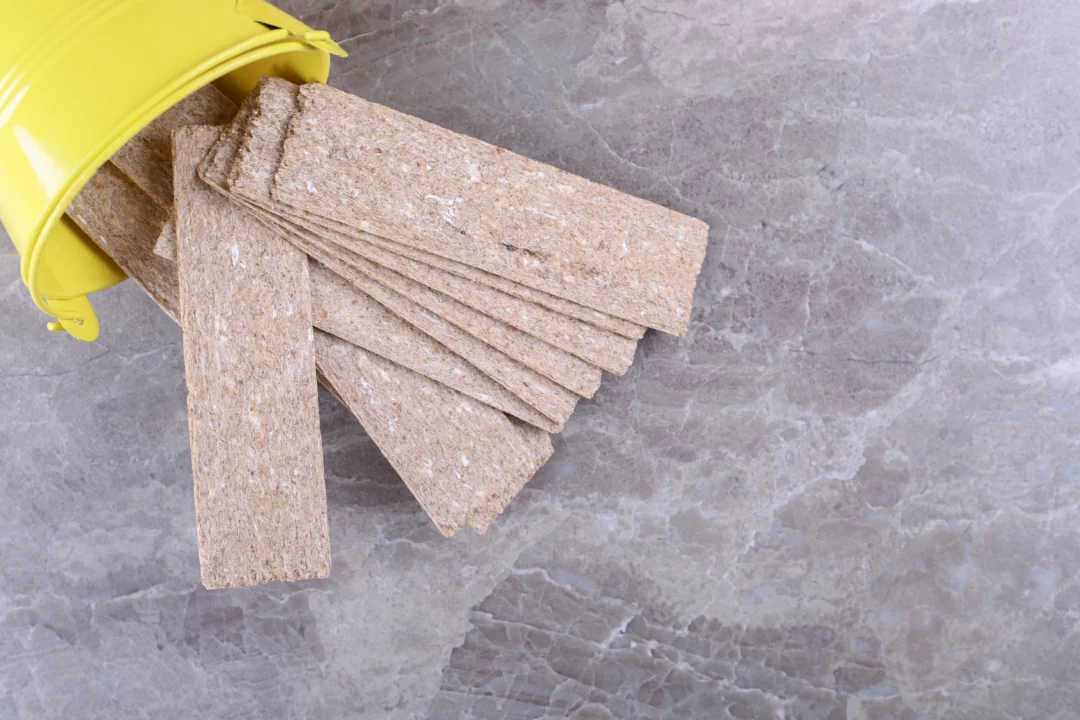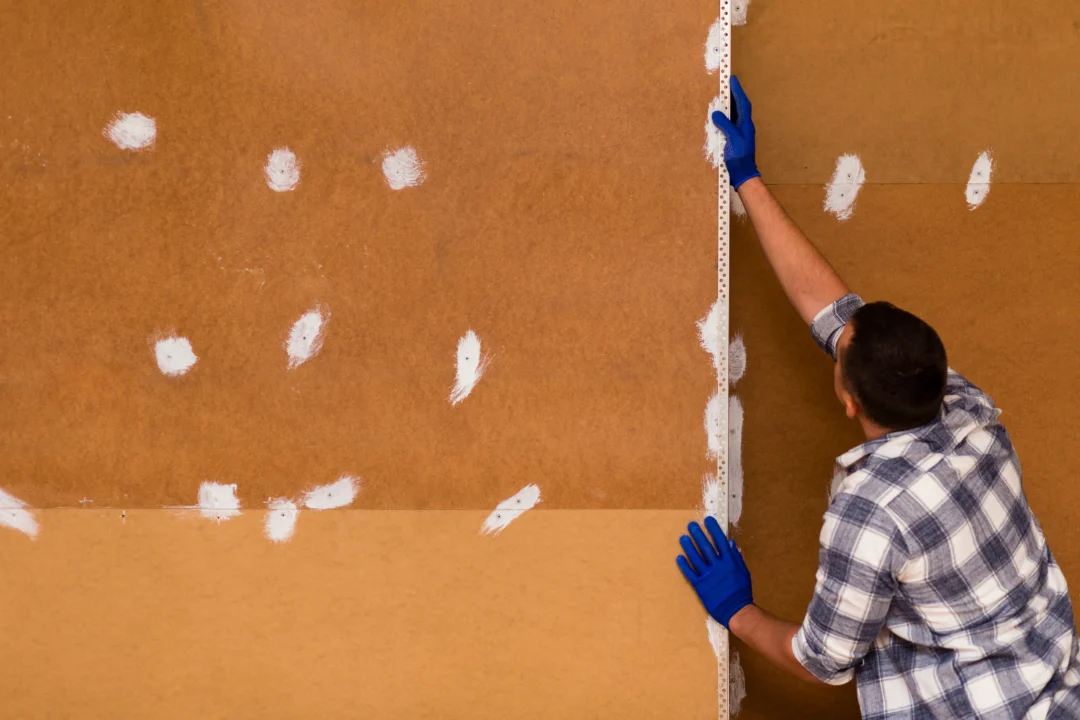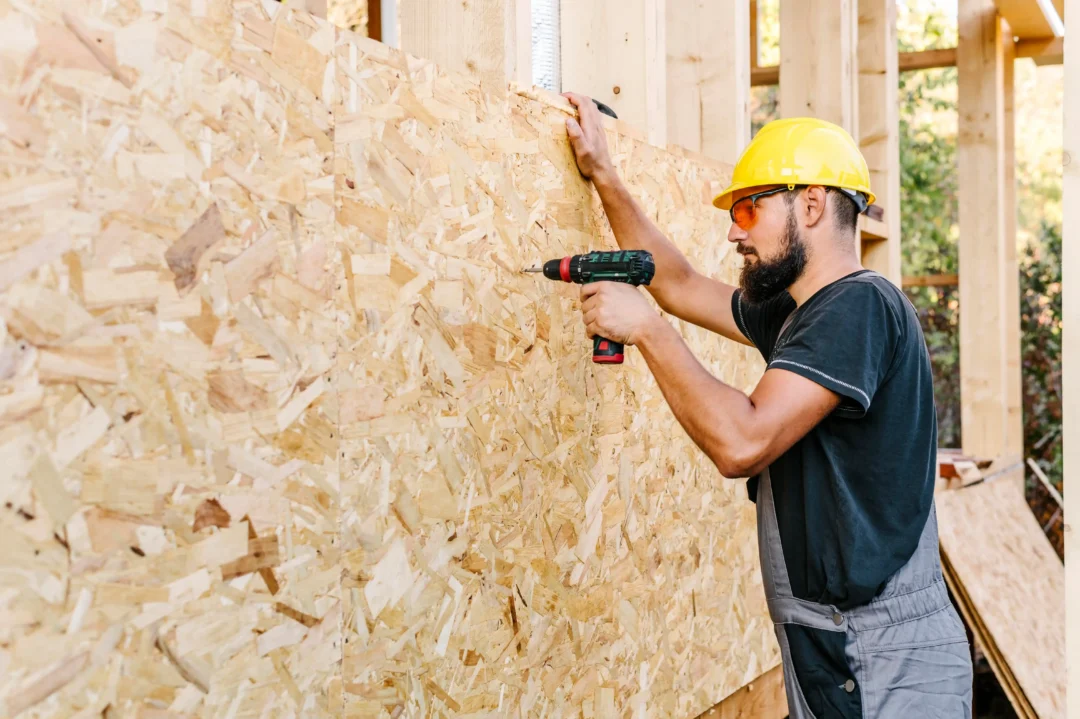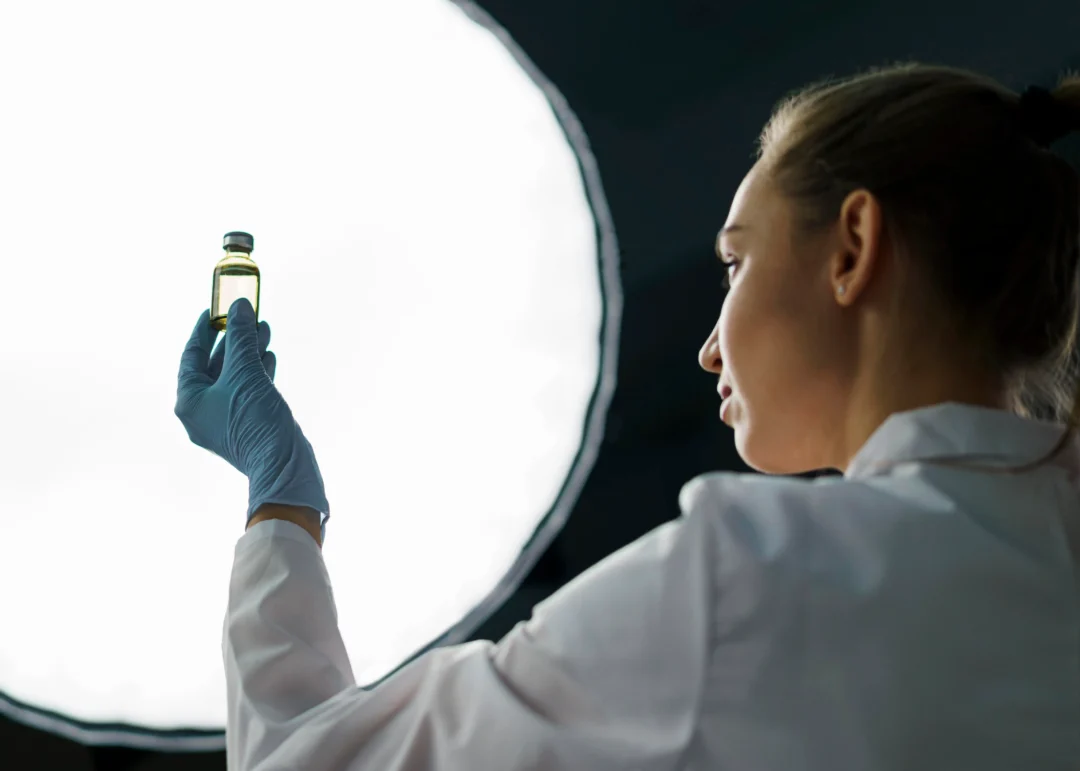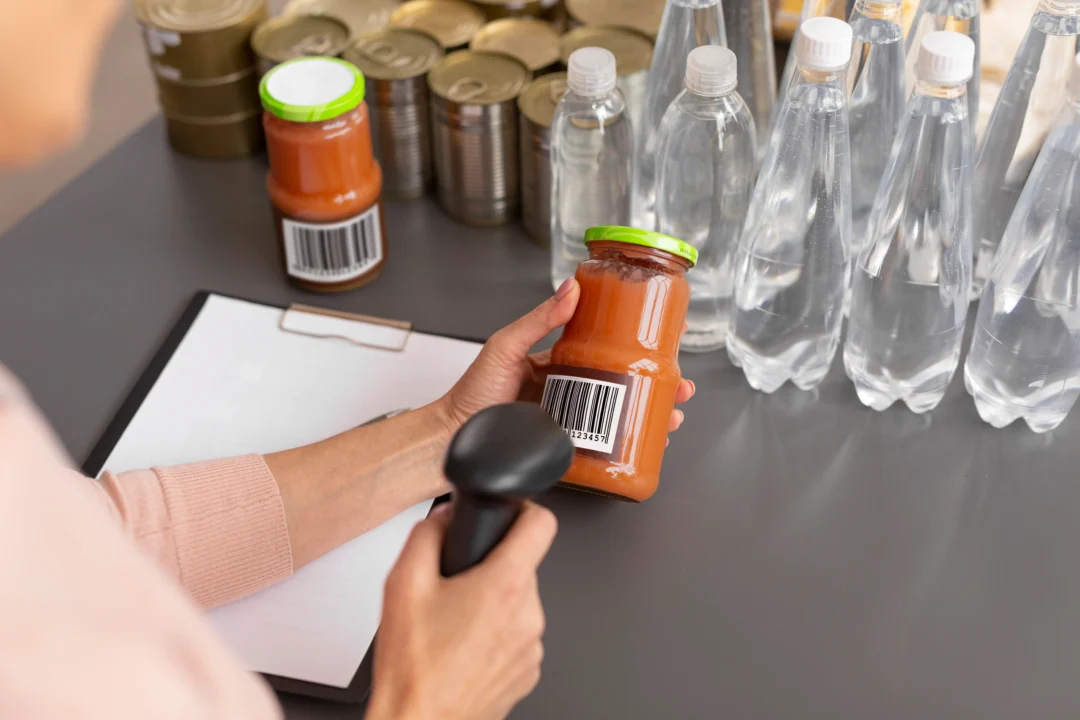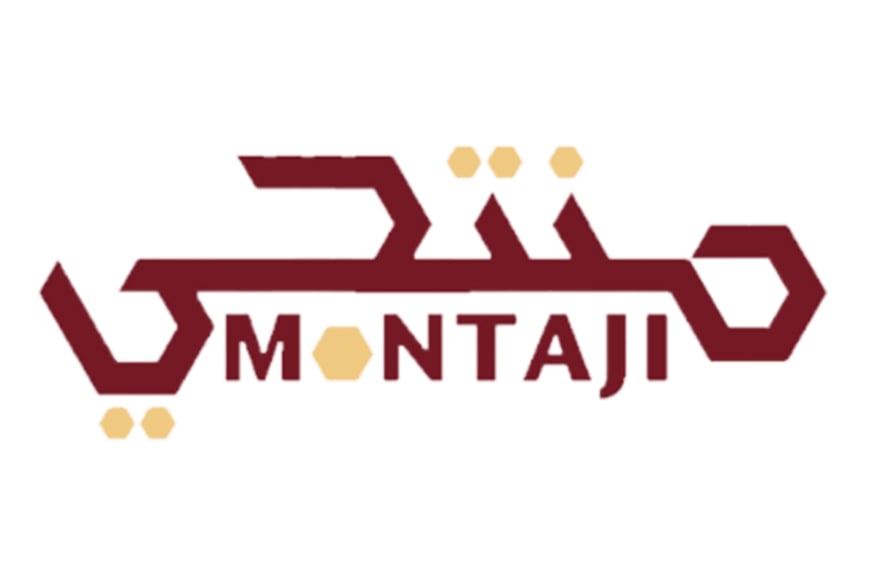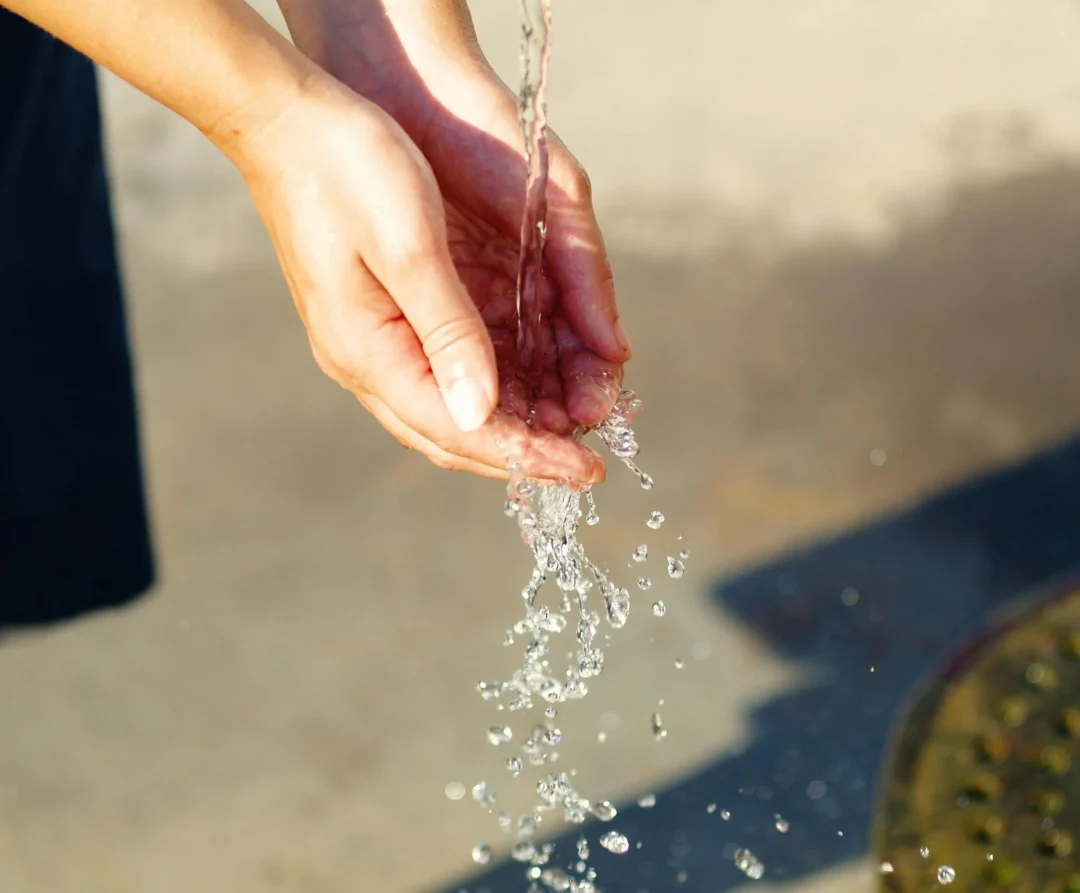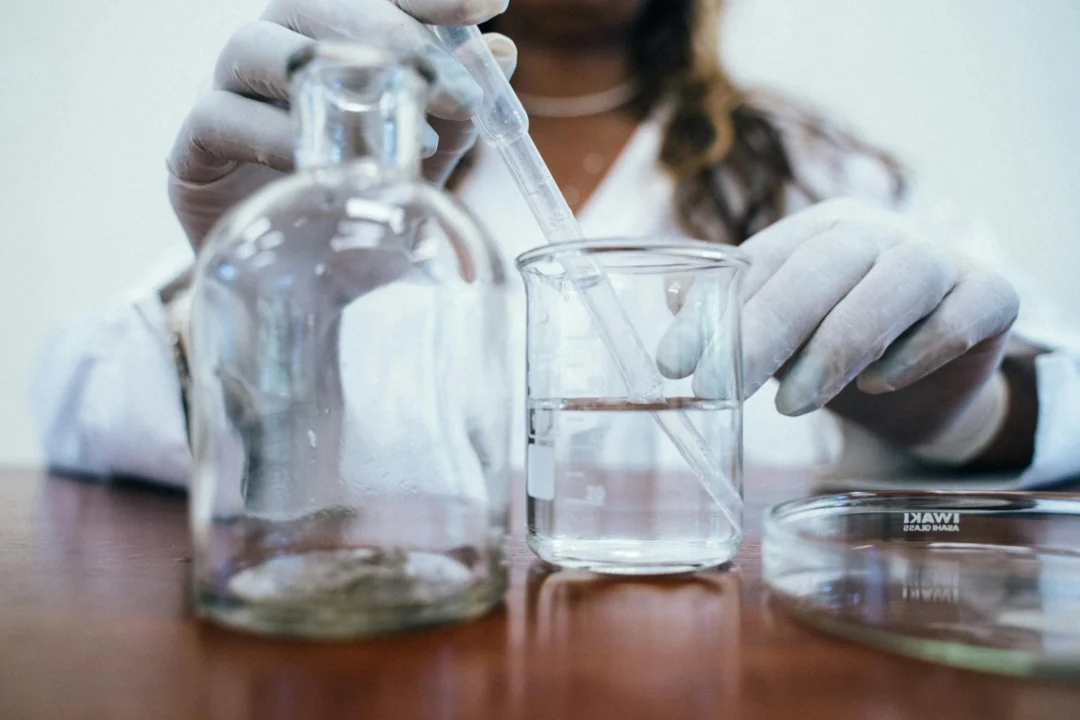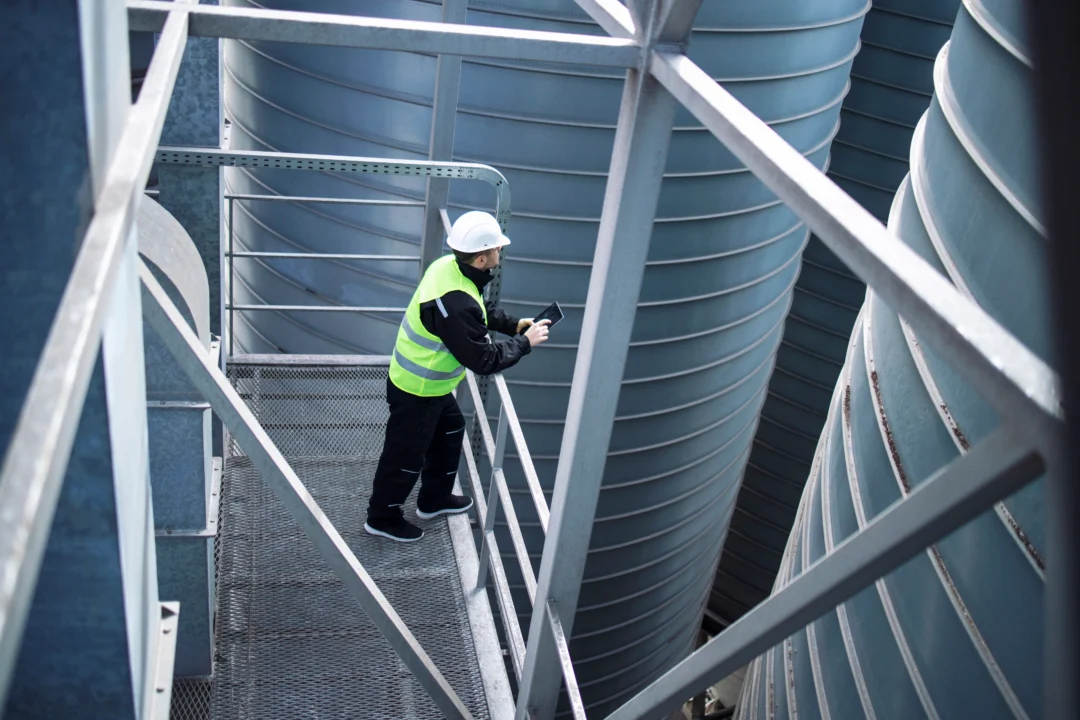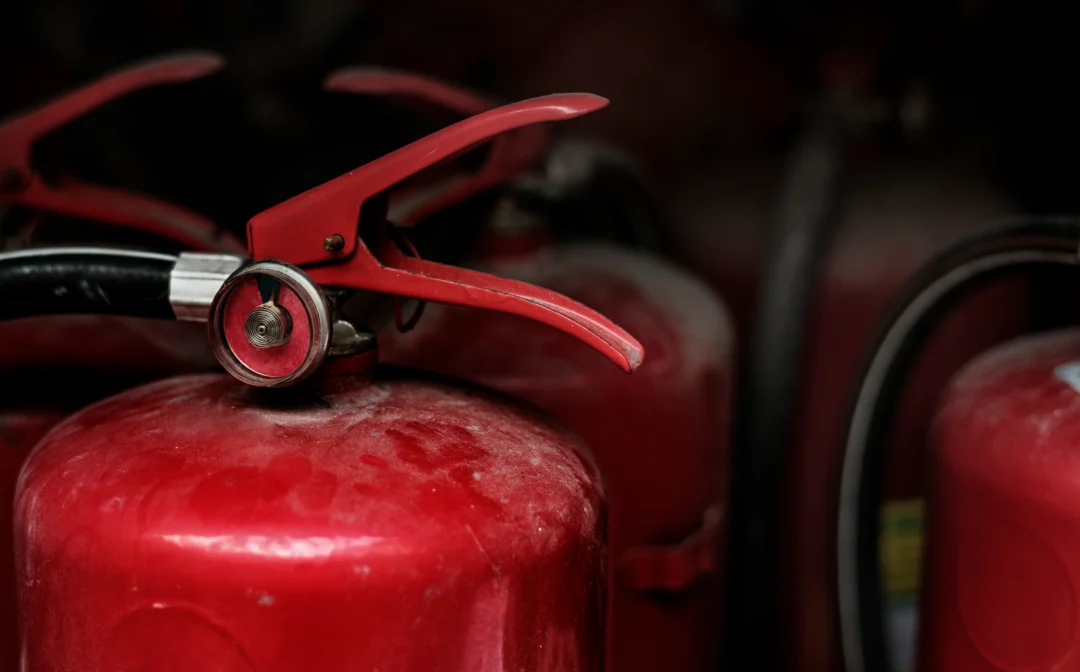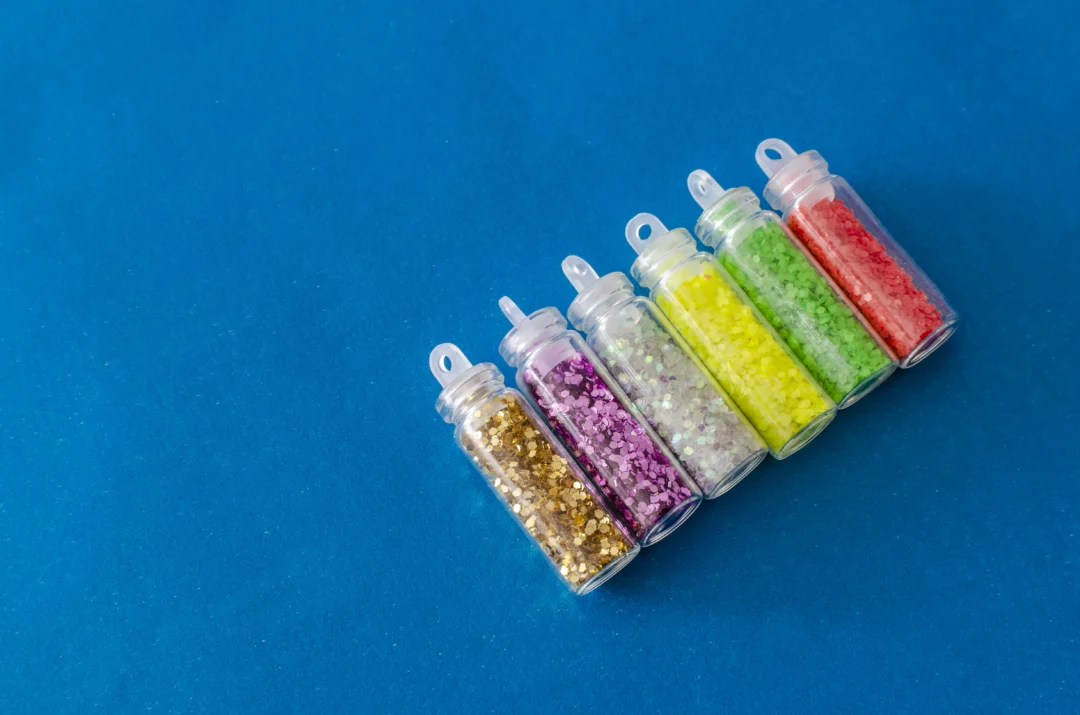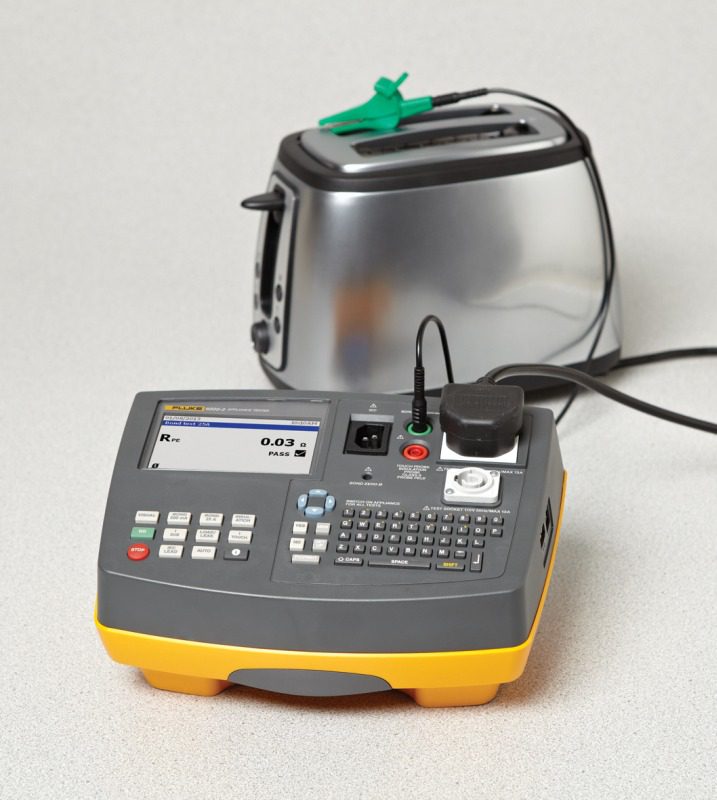Running a business means juggling many tasks. One of the most important tasks is making sure your products meet standards. When your products are tested in an ISO Approved lab, you gain trust. Customers, partners, and regulators all look for proof that your products are safe and reliable. In this blog post, we explain the real benefits of ISO lab certification. We keep the words simple. We keep the ideas clear.
Quality matters. Every business wants quality. But saying “we have quality” is not enough. Third-party certification proves it. When a trusted lab tests your products, you back your claims with facts. This builds confidence in your brand. People trust verified results more than claims. That’s why lab certification plays a big role in business growth.
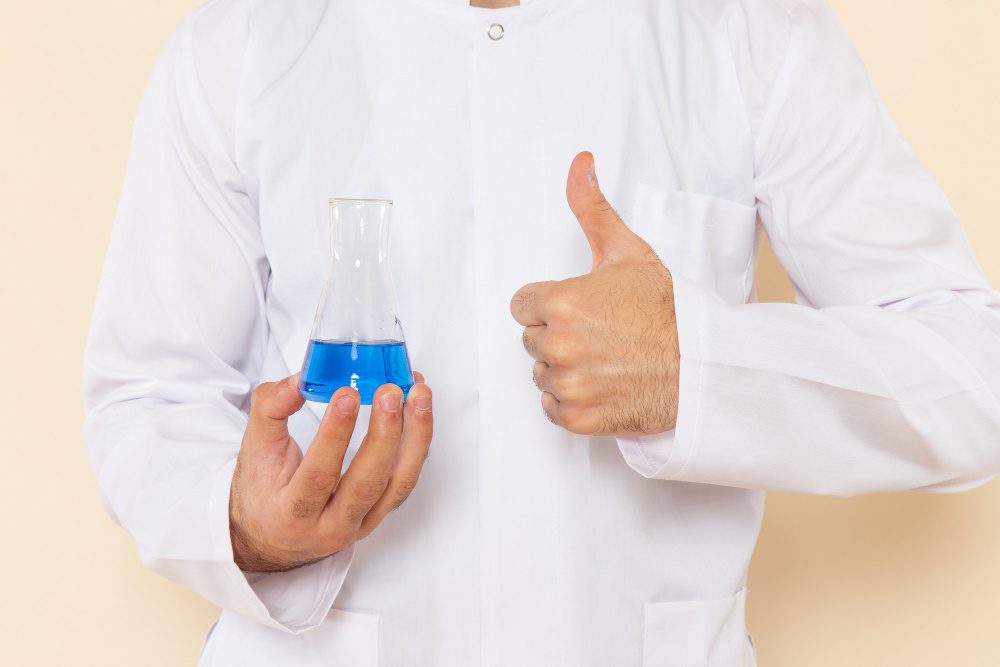
Testing in a certified lab helps reduce mistakes. When you know your product meets a standard, you avoid costly returns and recalls. A certified lab follows strict procedures. Their results are dependable. This means your team can act on the results with confidence. Instead of guessing, you have data. Clear data leads to better choices. Wise decisions protect your reputation and your profits.
What Certification Means for Your Business
Standards are not just rules. They are a way to show your business works in a consistent way. Certification proves you meet those standards. This matters in local markets and in exports. Many countries require certified tests before letting products enter their market. This is where lab certification becomes more than a nice-to-have. It becomes a must-have.
Working with independent labs also improves your internal processes. When your product goes through formal testing, your team learns from the feedback. This helps you improve product quality quickly. Over time, better quality becomes part of how you work. This makes your entire business stronger.
Certified results also help during audits. When regulators come, you can show reliable test reports. This saves time. It eases stress. It keeps your business running. Audit success is not just about passing. It’s about proving you work responsibly.
Boosting Confidence with Third-Party Testing
Customers today ask tough questions. They want proof. They want safety. They want reliability. When your lab tests are certified, your answers are stronger. This is especially true when the lab is known and trusted. A certification gives weight to your product claims. This builds lasting customer confidence.
Bigger companies often require suppliers to use certified labs. This protects their brand and their customers. When your business meets these requirements, you open doors. Doors to bigger deals. To better partnerships. A certified lab result is like a business ticket. It lets you play in a bigger league.
ECAS Approved Lab and Market Access
As your business grows, you will meet more rules. Some markets require specific approvals. Being connected with an ECAS Approved lab ensures your products meet these requirements. It simplifies entry into regulated markets. This can speed up approvals and reduce delays.
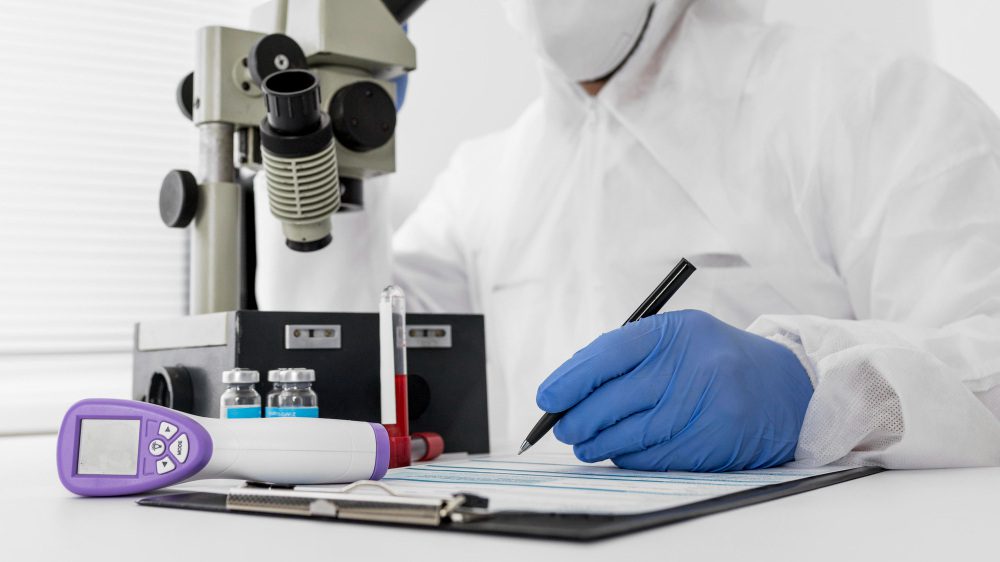
Approval through ECAS shows your product is tested against recognised standards. It means the testing follows set rules. This makes your product easier to accept in global trade. It also shows transparency. When buyers see recognised lab approvals, they feel secure about doing business with you.
Using an approved lab also minimizes risks. You avoid legal issues that can arise from improper testing. You protect your brand. You protect your customers. You protect your future sales.
Certification Helps Small and Large Businesses
Many small businesses think certification is only for big companies. This is not true. Small businesses benefit as much, if not more. For a small brand, certification brings credibility fast. It tells the market you are serious about quality. This levels the field between you and larger competitors.
Large businesses also need certified tests. They have strict compliance needs. They face bigger penalties if a product fails. Certified labs help these businesses stay compliant at every step. This makes operations smoother, safer, and more predictable.
Certification Saves Money in the Long Run
Initially, you may see testing as an expense; however, testing saves money later on. You could incur greater costs from returns and reputation damage if you sell defective products compared to the cost of performing tests before shipping the products. Additionally, test reports from certified labs allow you to identify issues early; fixing issues is less expensive when addressed sooner and keeps customers satisfied.
Reliable testing helps to minimize assumptions; therefore, you will spend less time on rework due to any quality problems your team encounters. As a result, you will have lower production costs due to significantly reduced rework levels, which will add together over time and protect your margins through the certification process.
Using Results in Marketing and Sales
Certified lab reports are not just for regulators. They are a marketing tool too. You can use them to show your product’s strengths. Add certified results to your brochures, website, and product labels. This builds trust with customers who value proof over promise.
Buyers often compare products based on test results. When your competitors lack certified data, your product stands out. Certification becomes a competitive edge. It shows you care about quality more than the rest.
Long-Term Business Growth
Certification supports long-term goals. It shows your business is serious about quality and safety. It strengthens your relationships with partners. It protects your brand reputation. It also makes internal systems stronger. When your business works with clear standards, growth becomes easier and more sustainable.
Getting certified results from a trusted source is a strategy for steady success. It builds confidence among customers and partners. It protects your products and your profits. These benefits last as your business grows.
HACCP Testing Lab and Food Safety
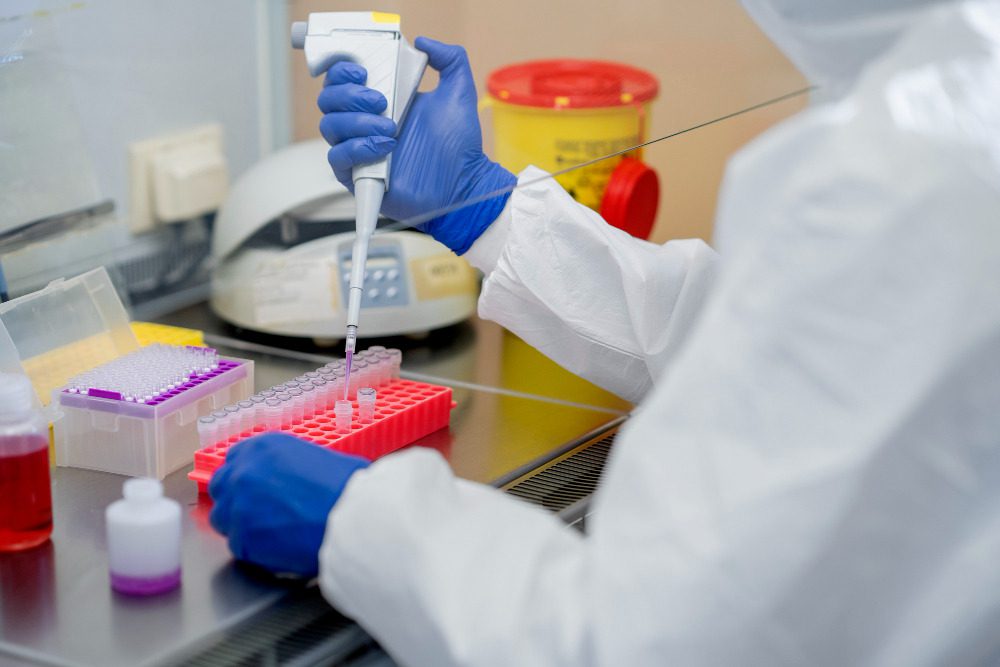
Food organizations and other companies in the food chain depend on the safety of the products they purchase. If a company uses a lab that performs HACCP testing lab, they are ensuring that their food products are made according to strict guidelines and procedures. HACCP certification is about finding and controlling hazards as they relate to food production; this process reduces the risk of potential harm to consumers. Certification demonstrates to the consumer that the company is trustworthy, which contributes to maintaining a positive brand image.
Additionally, certification helps organizations to comply with laws and regulations. Companies that use certified testing are more likely to produce safe food. This reduces the risk of recalls and other legal problems. It also enhances the relationship between food buyer(s) and food manufacturers by establishing a mutual expectation for safe, sustainable, and quality food products.

